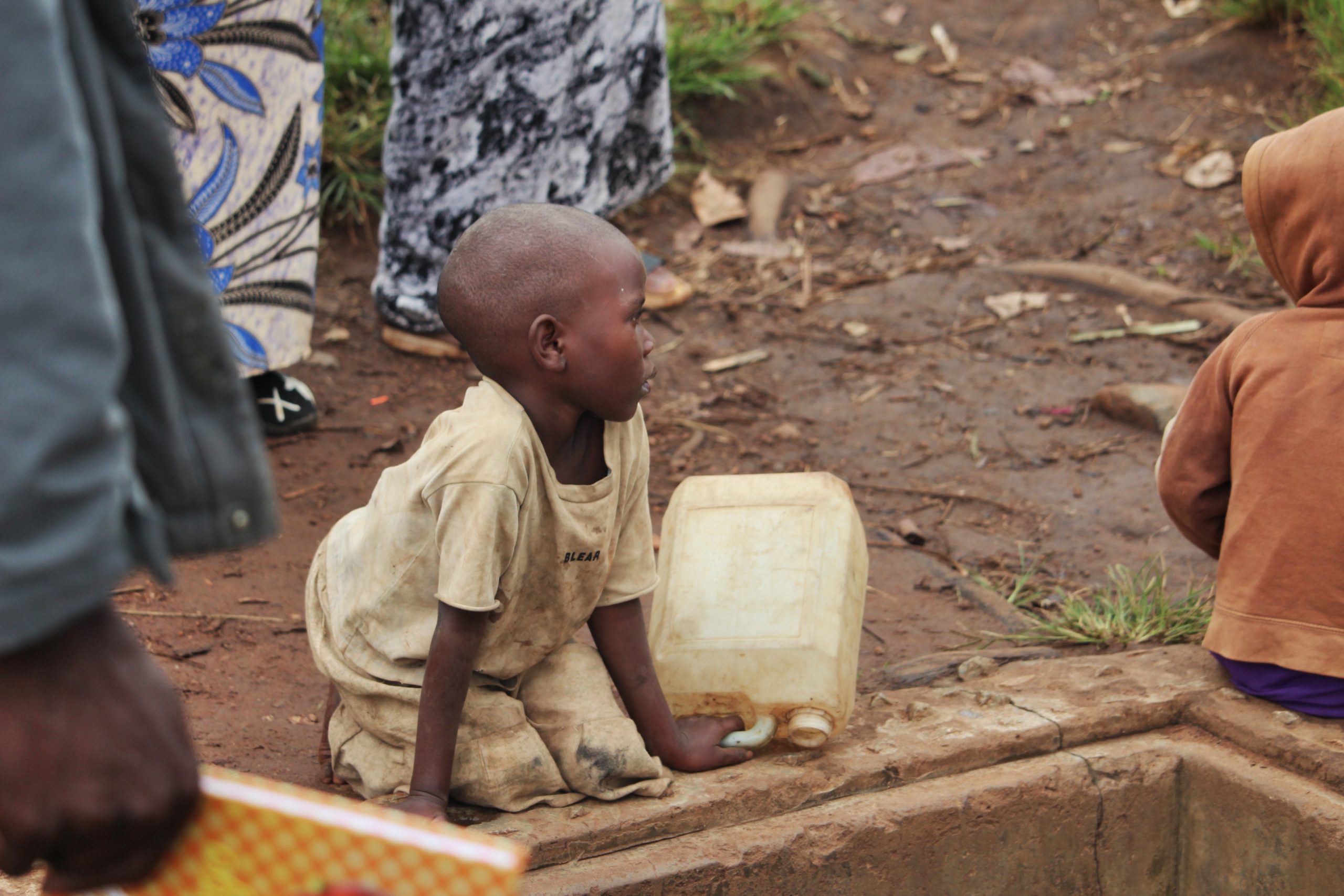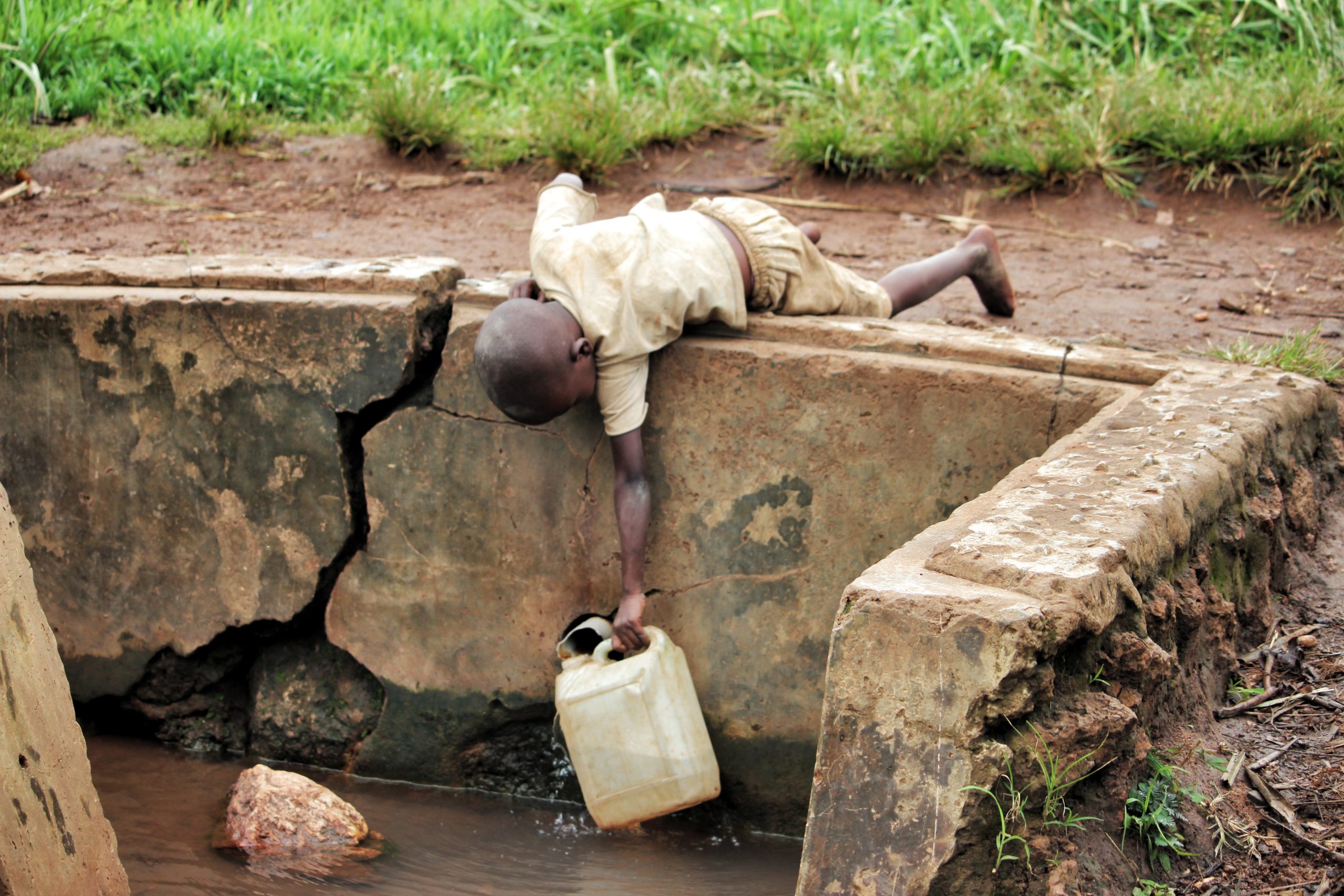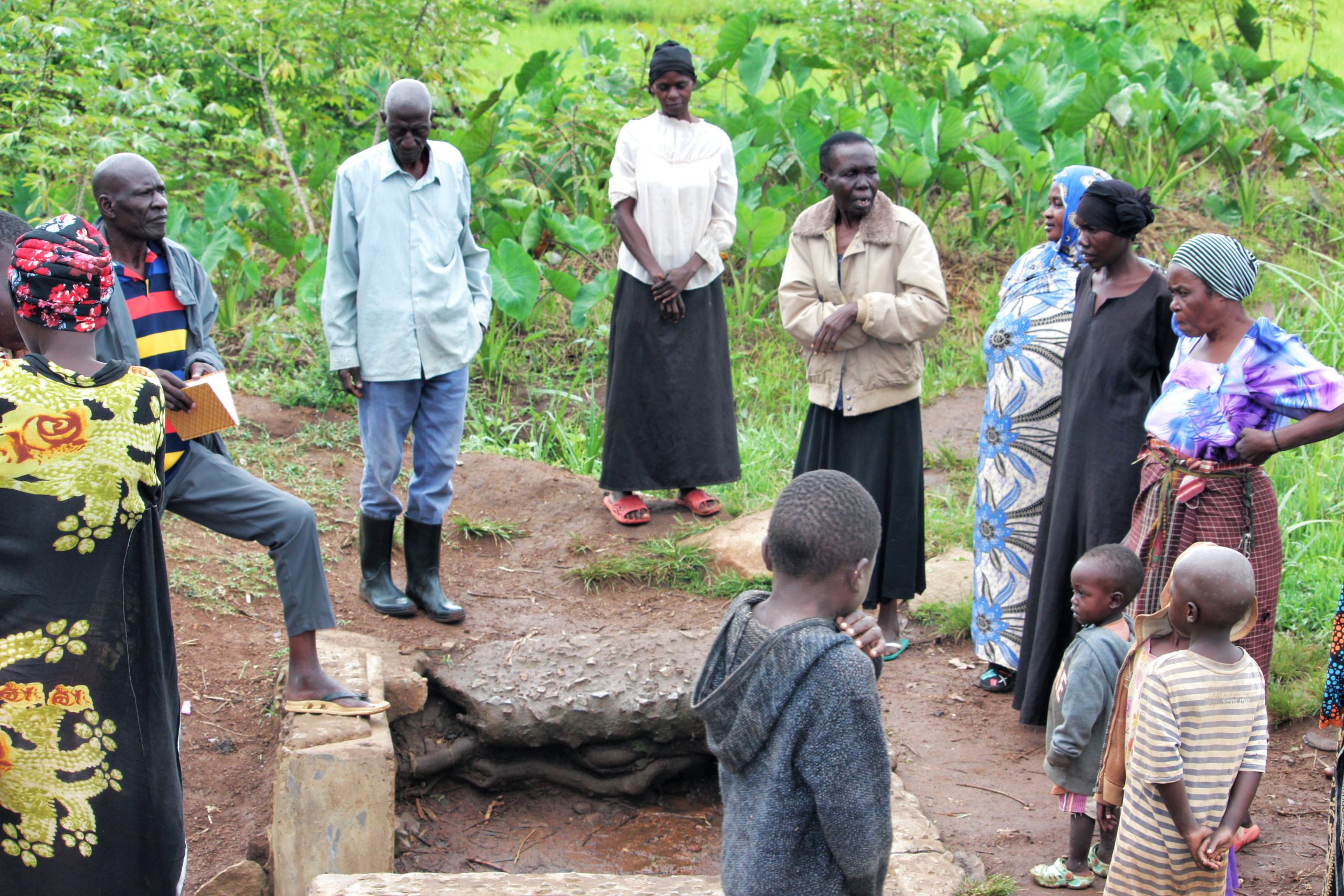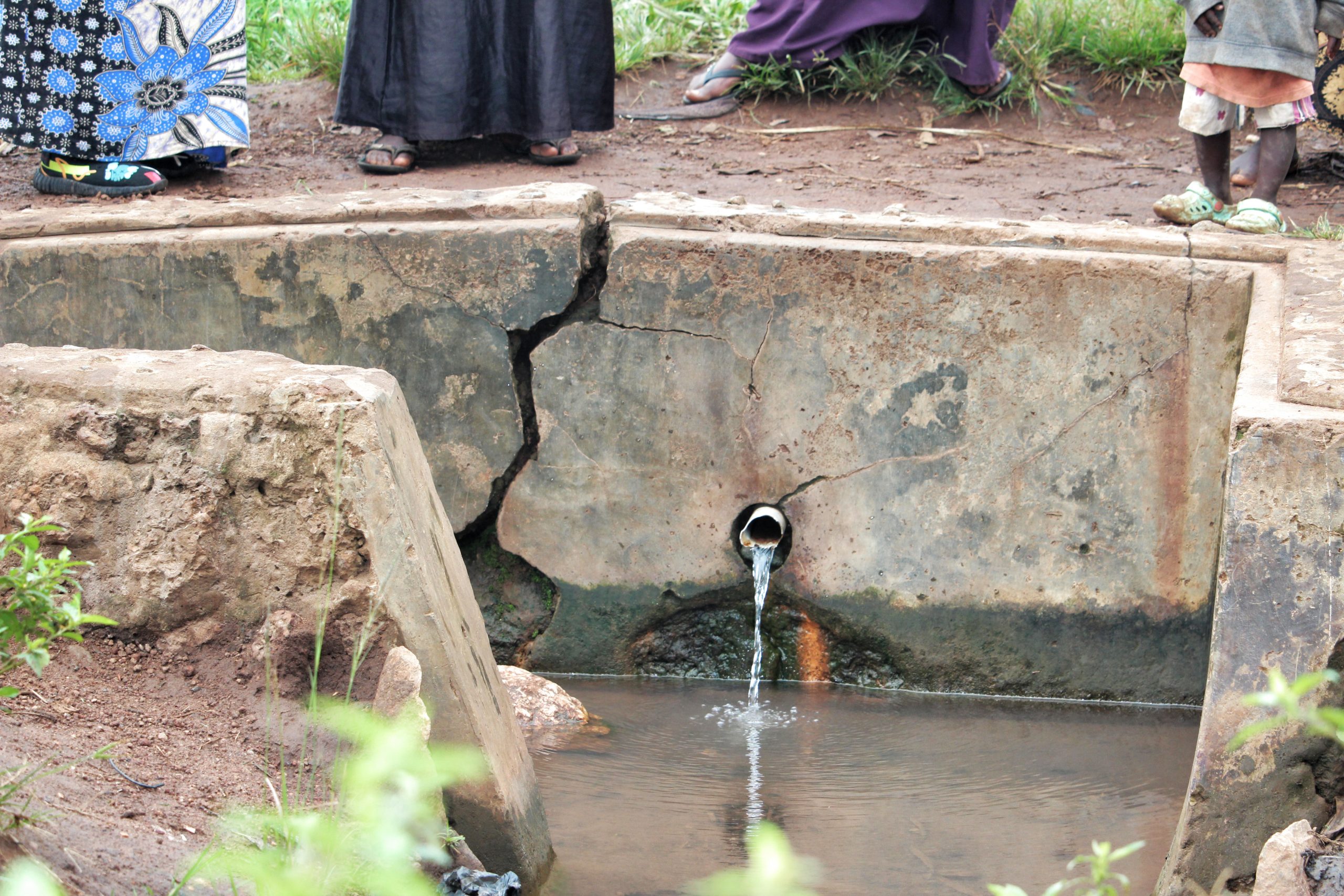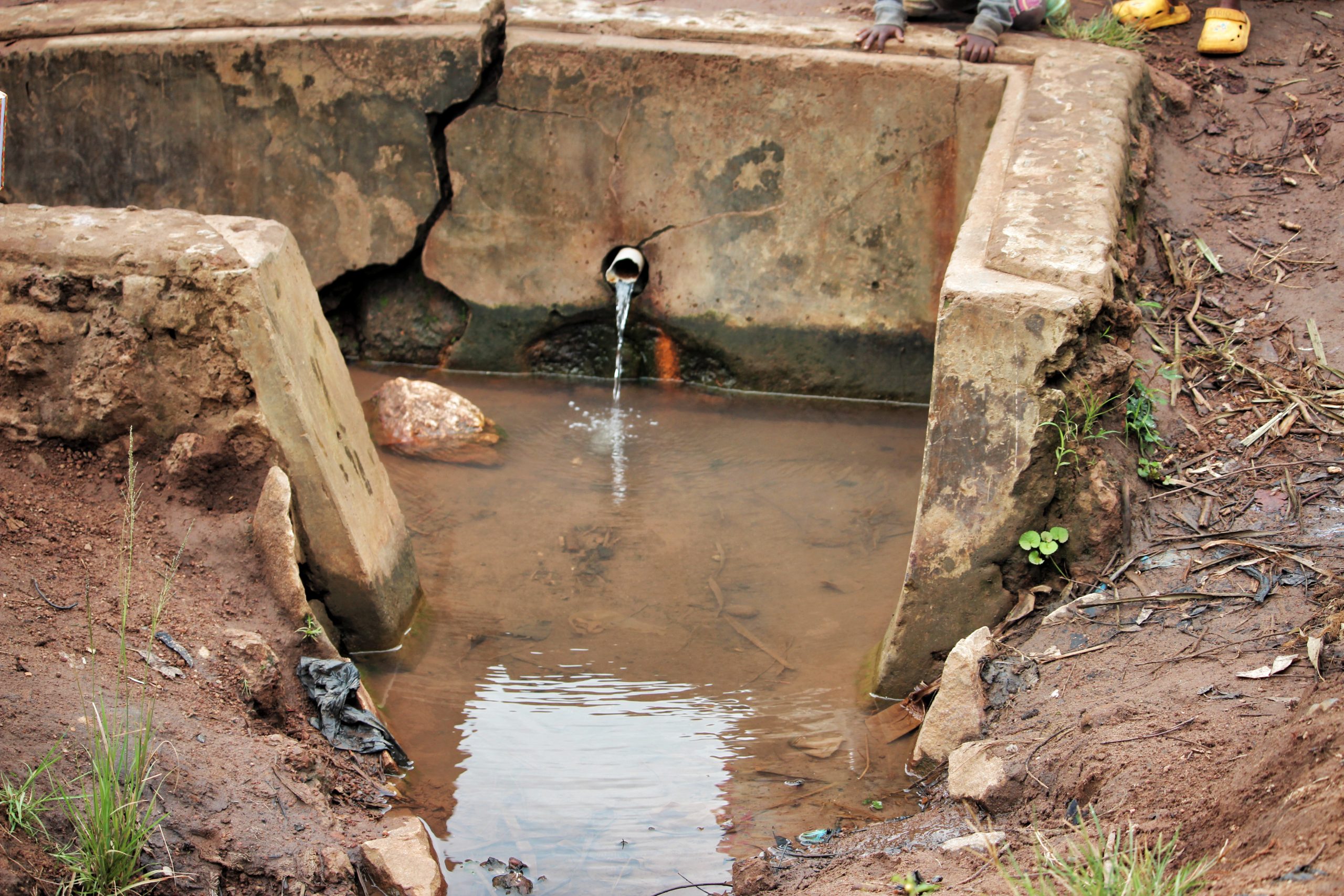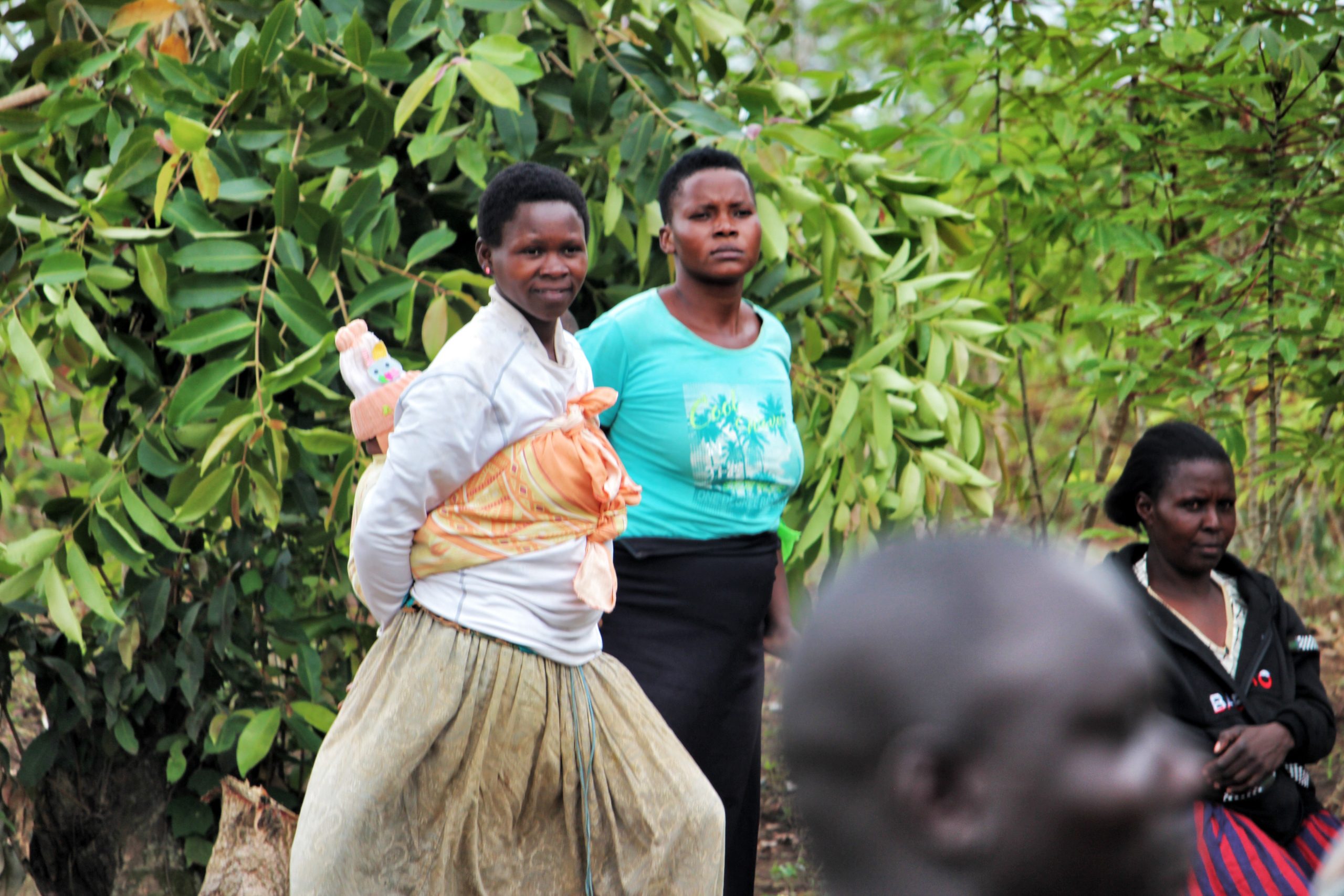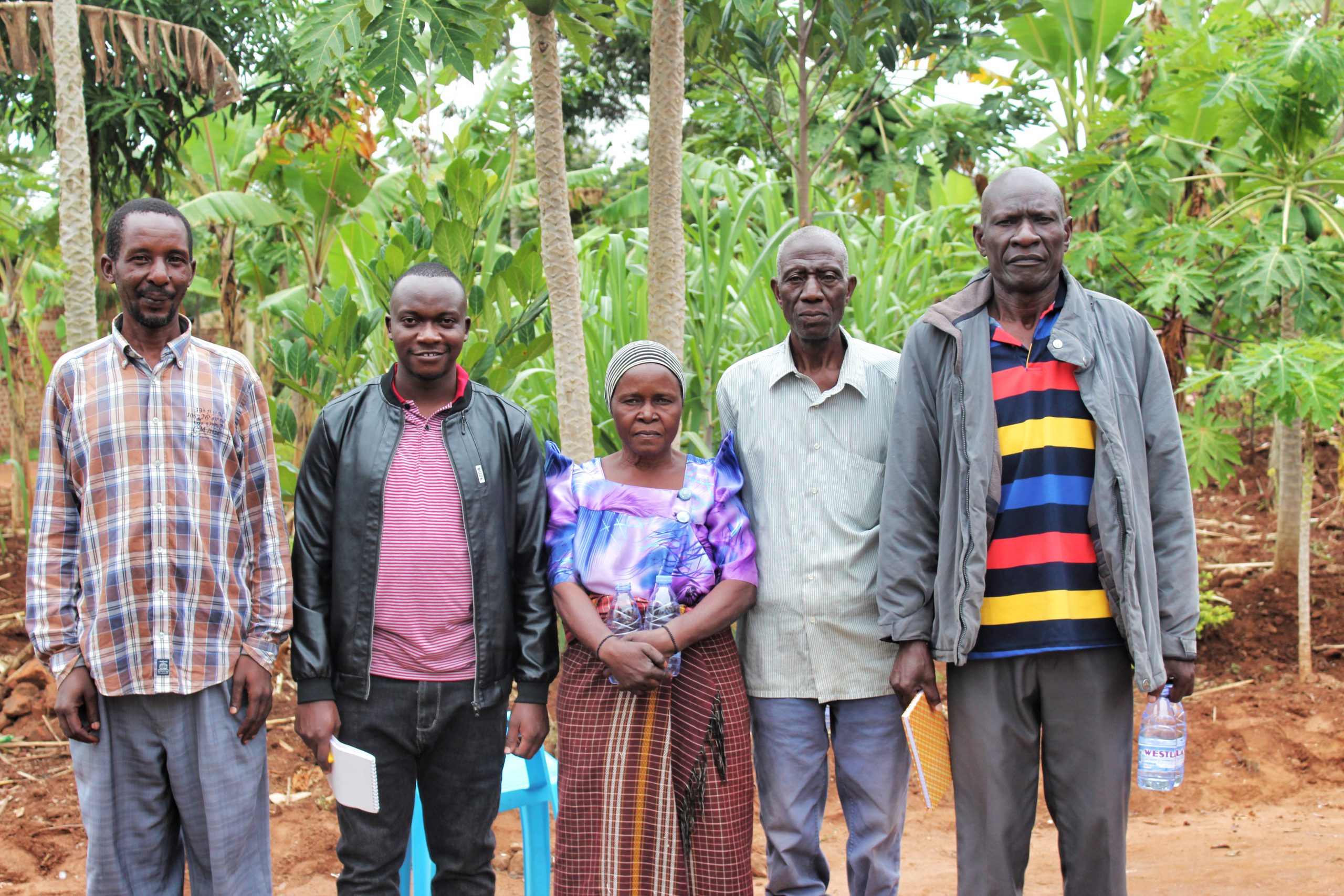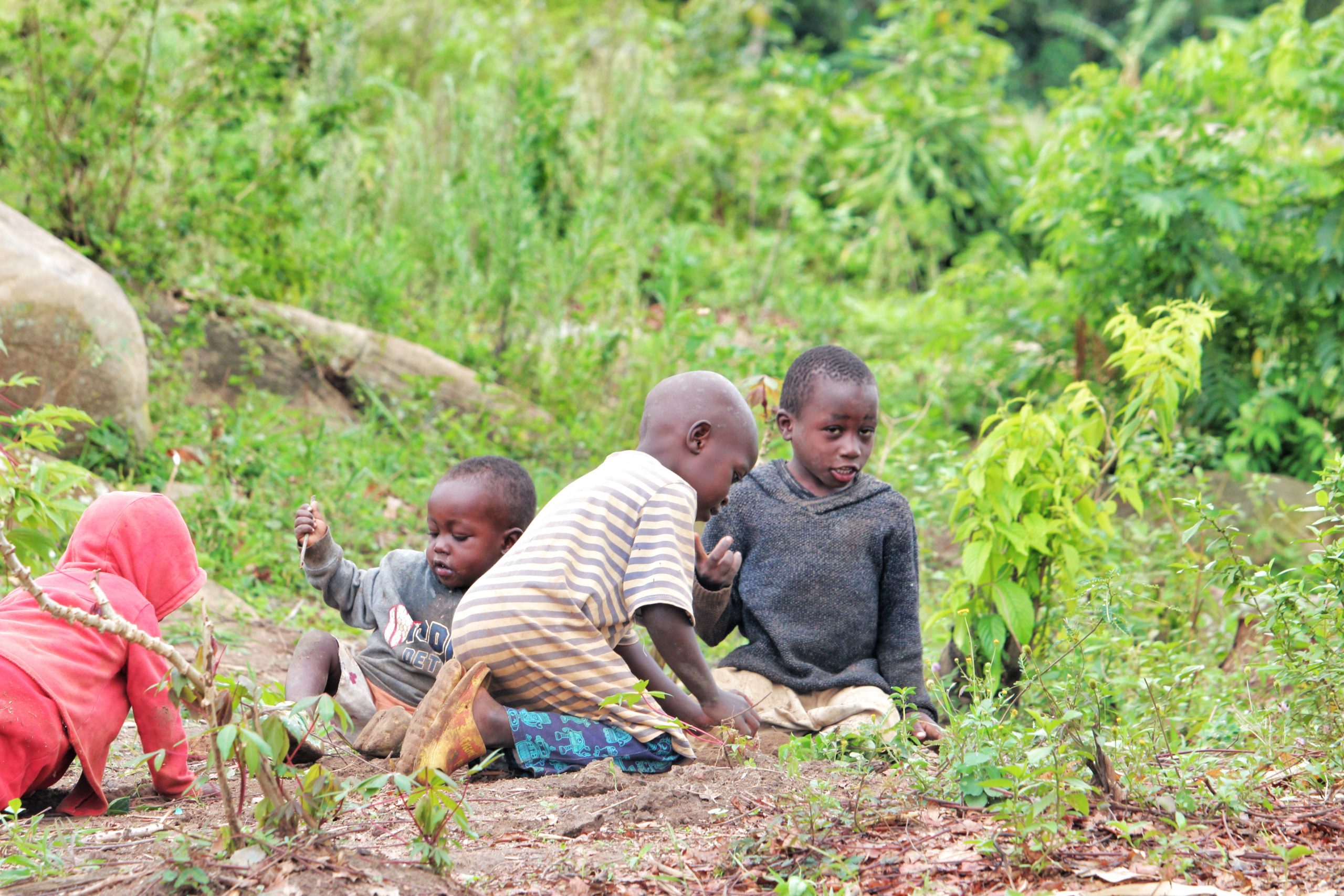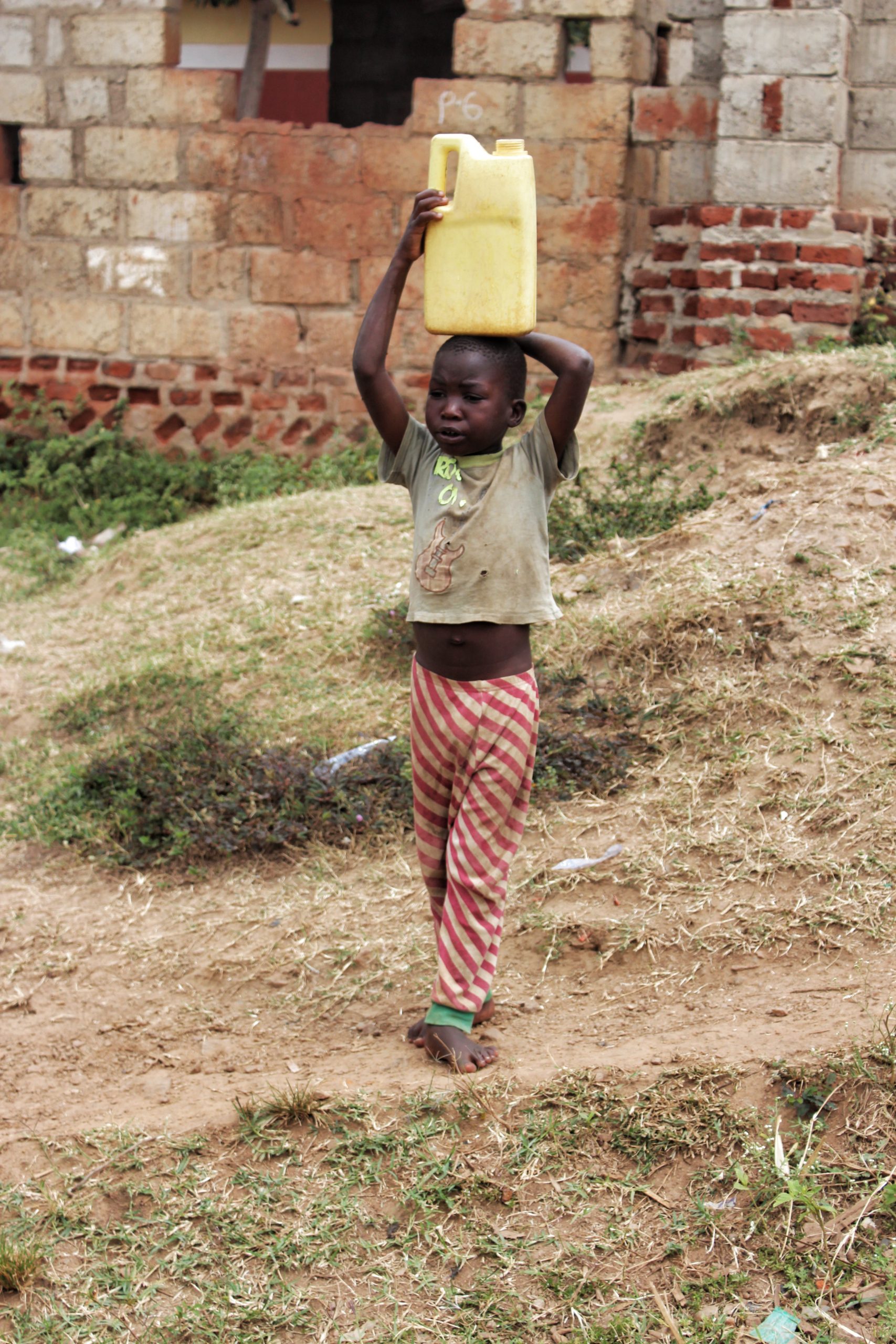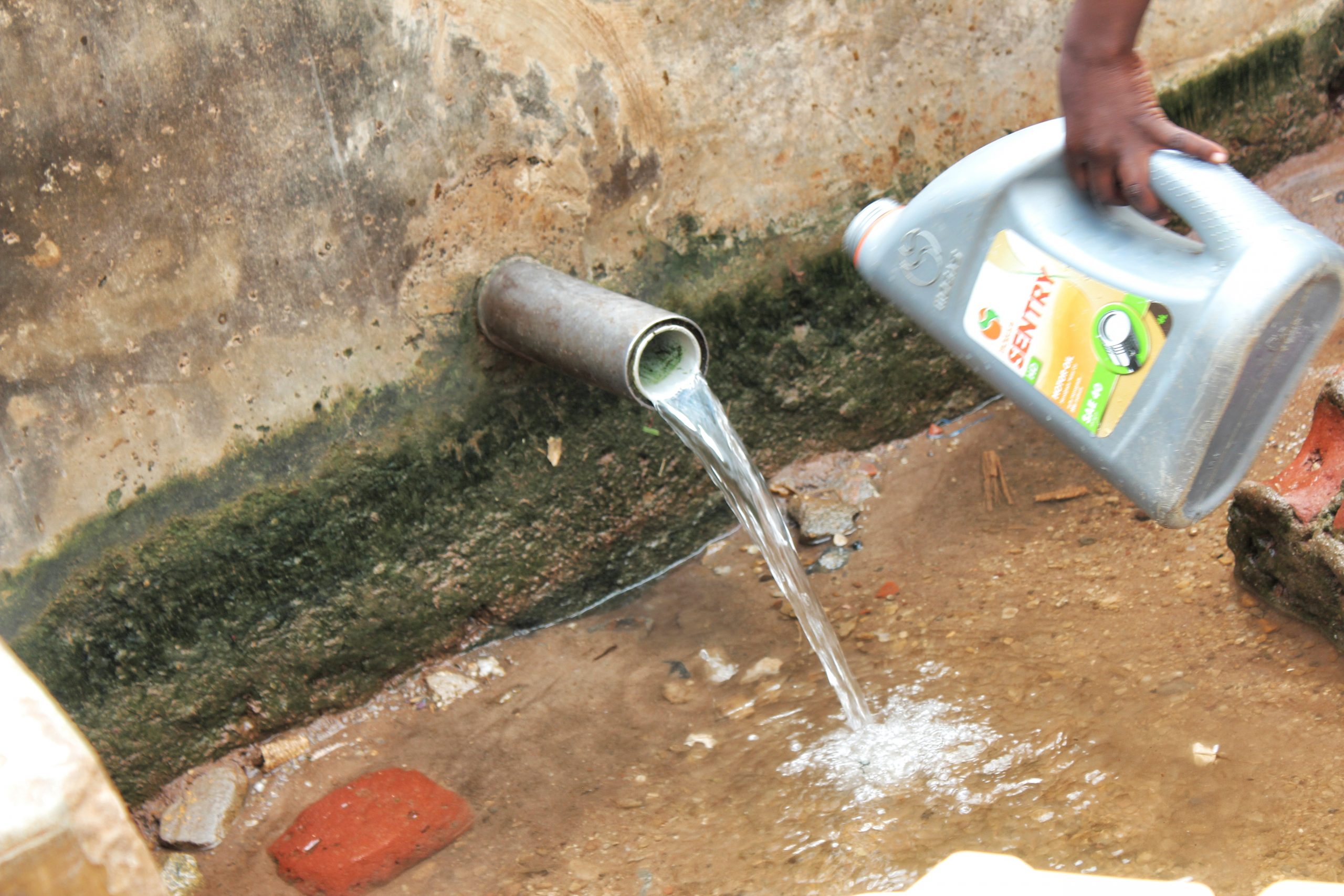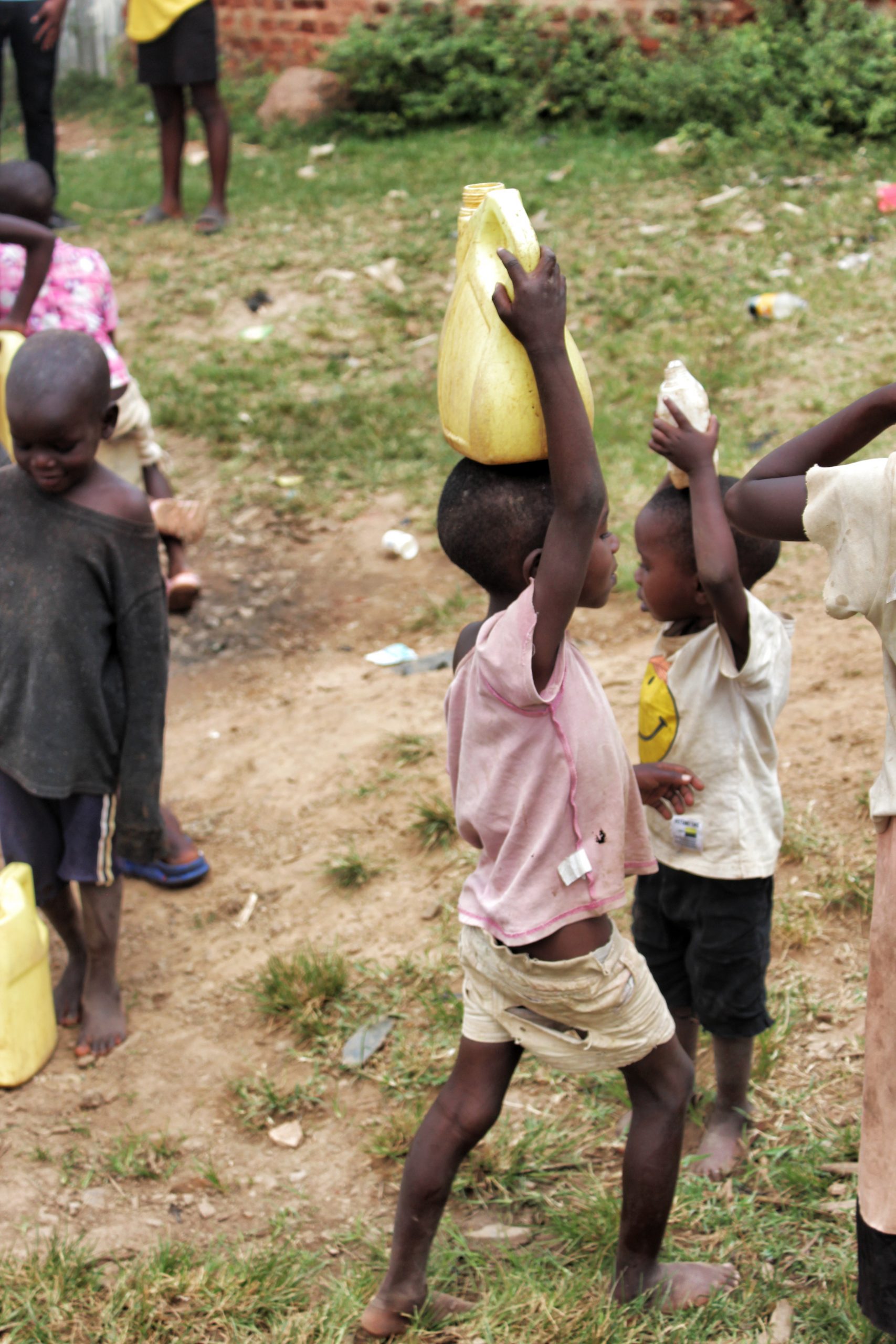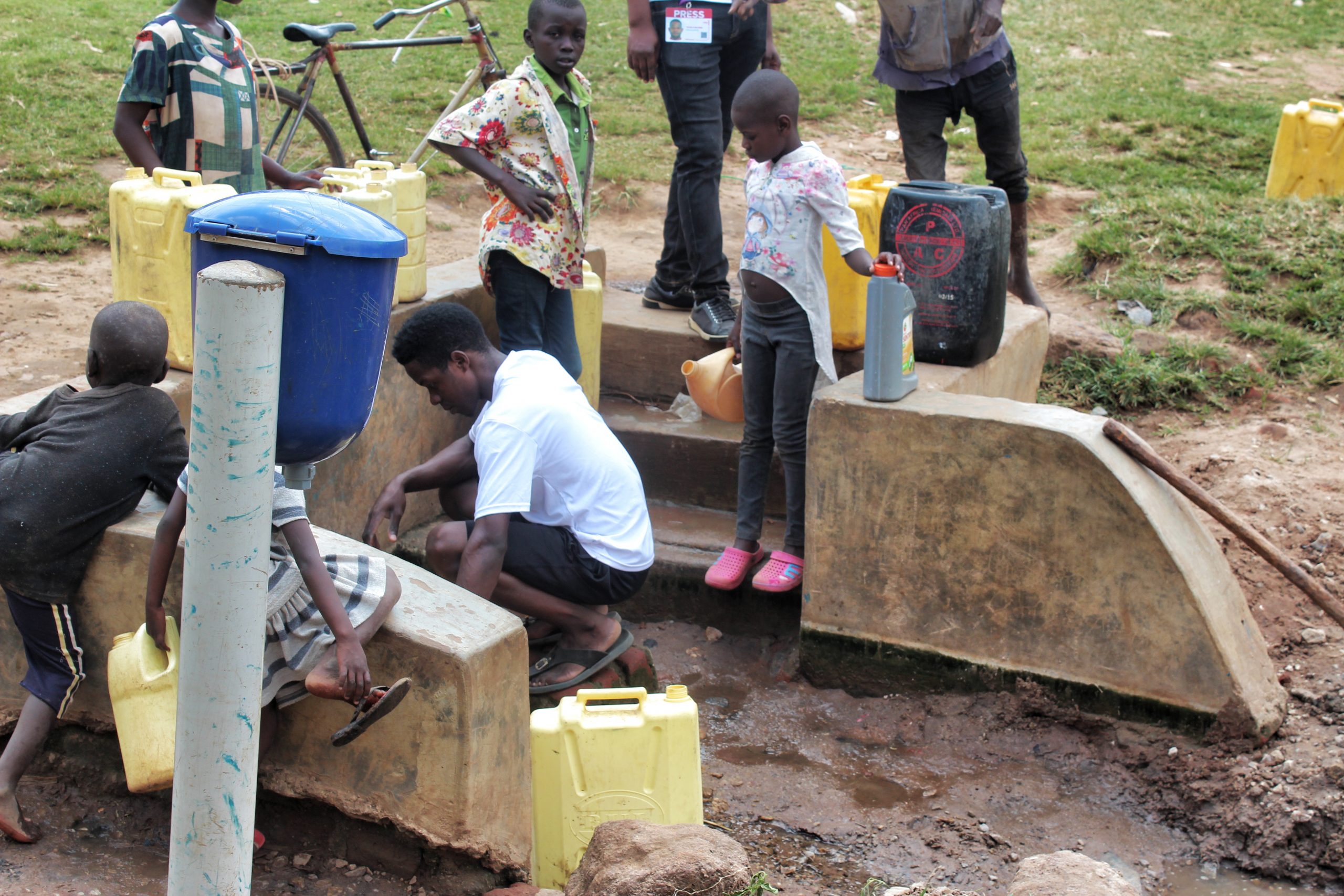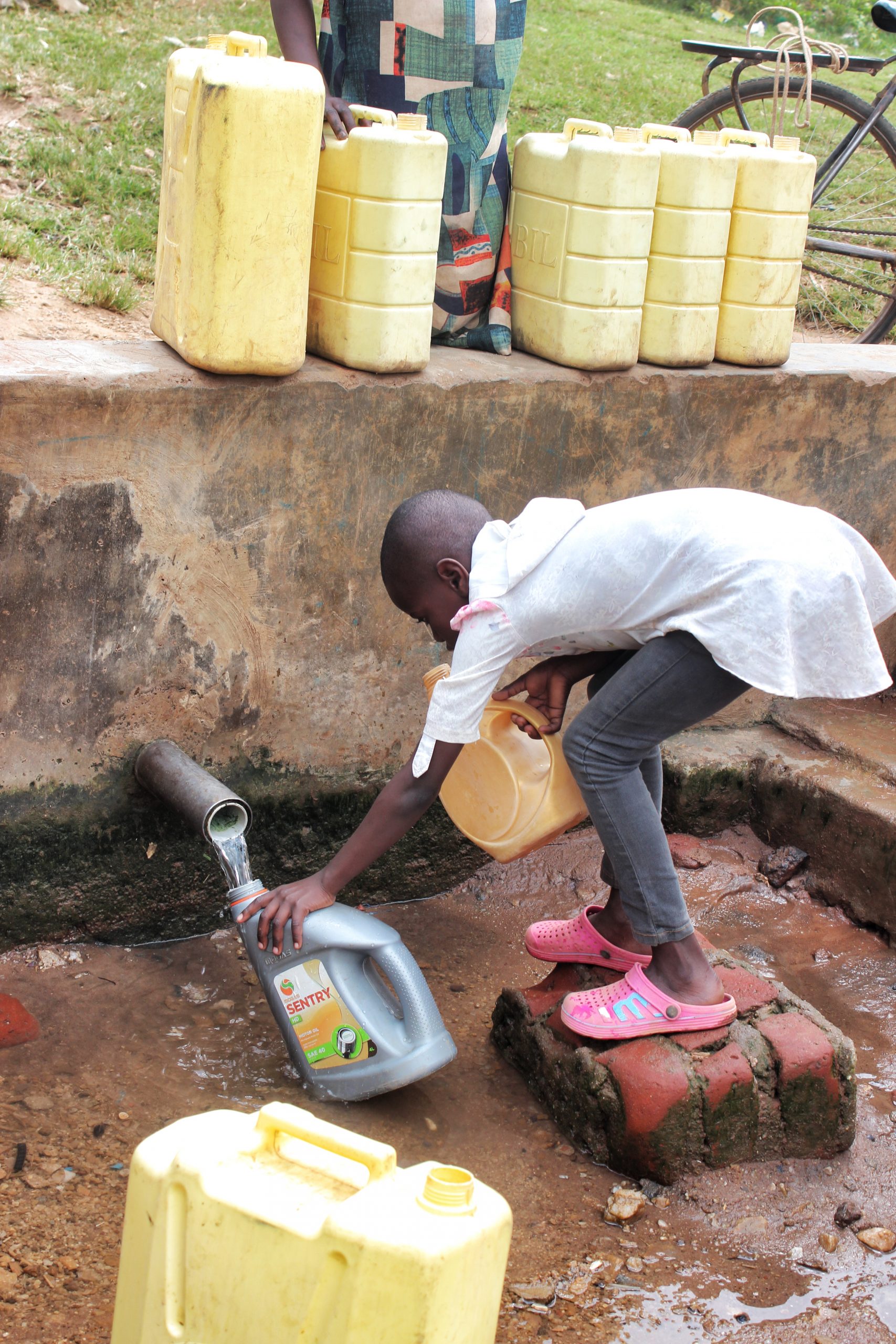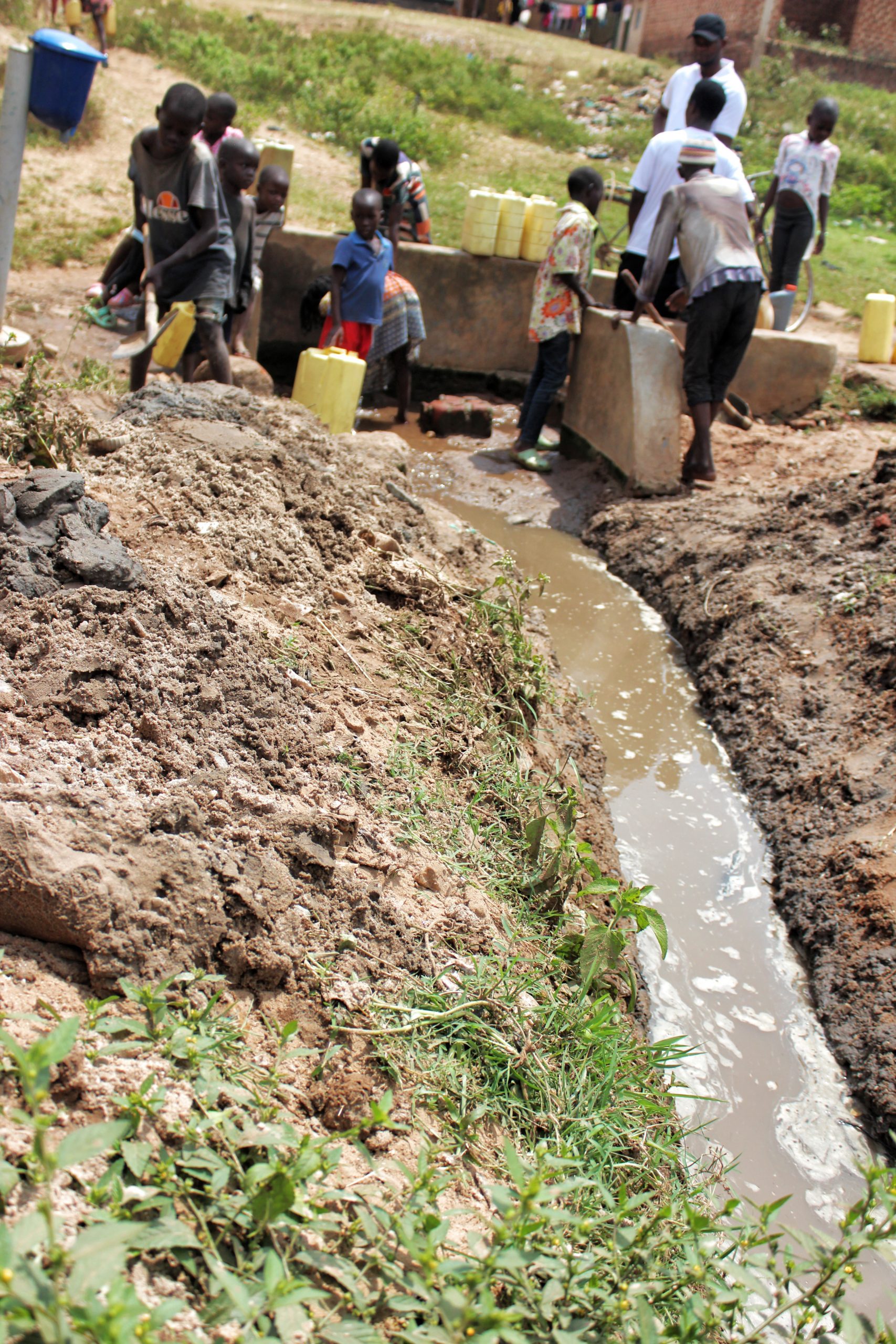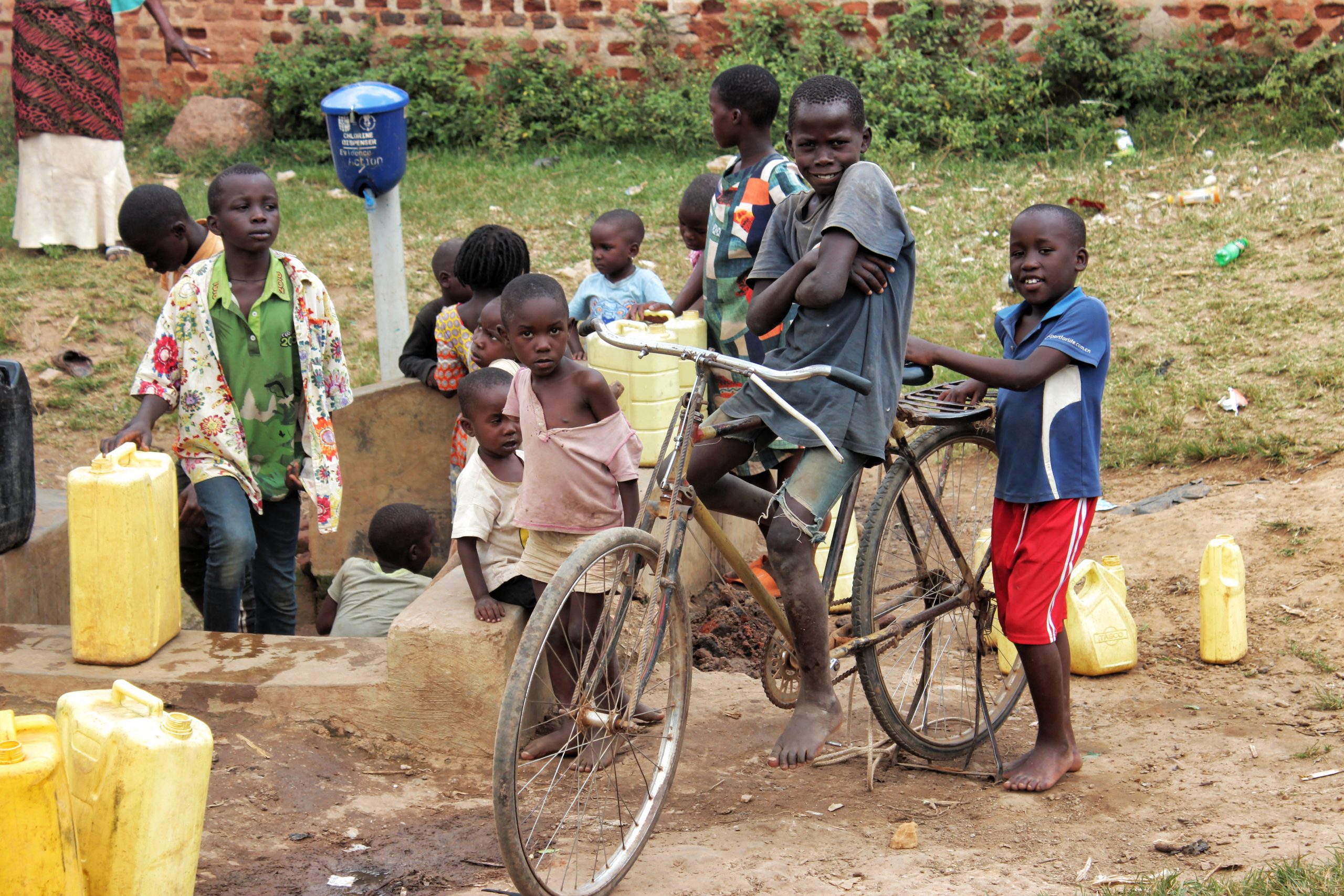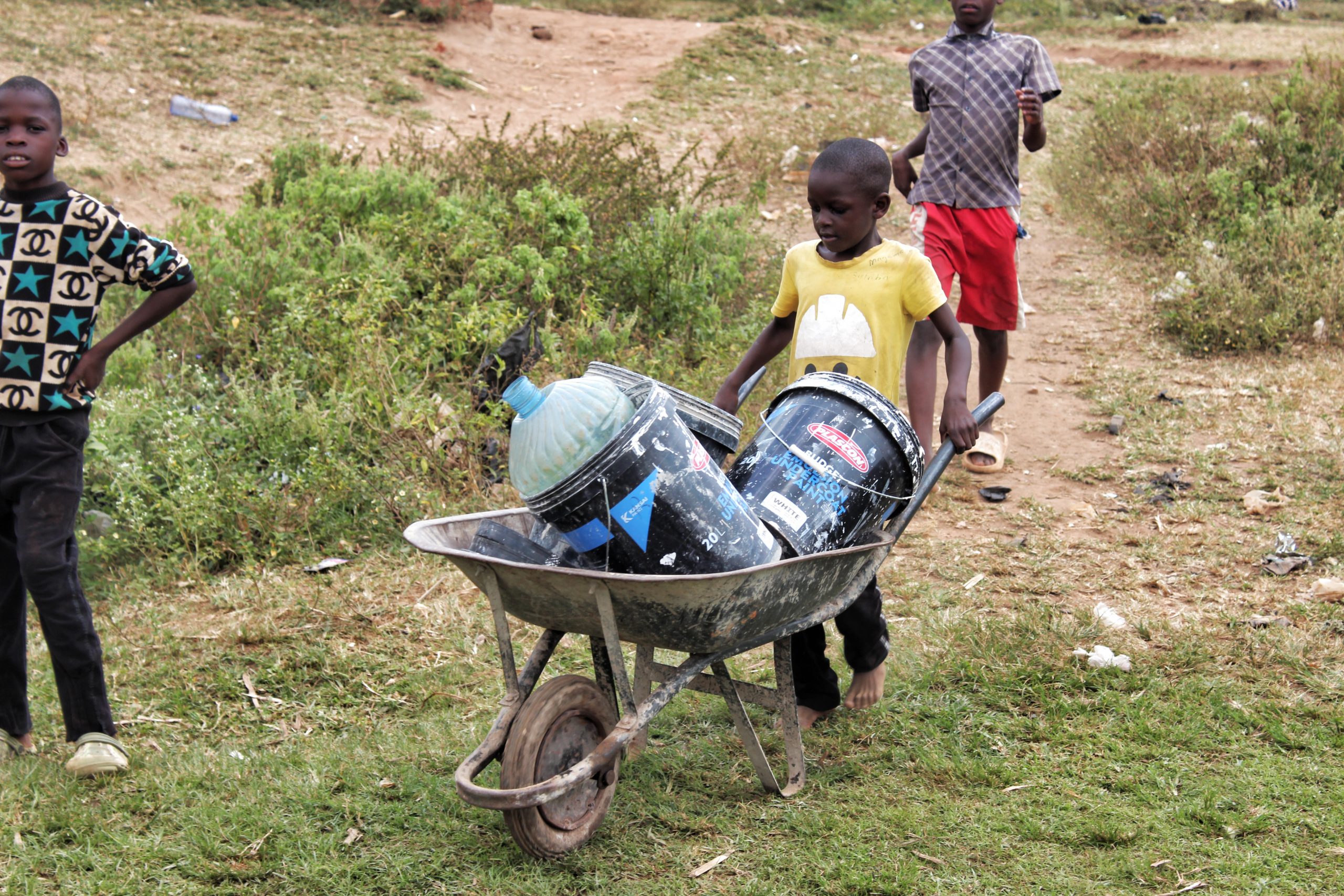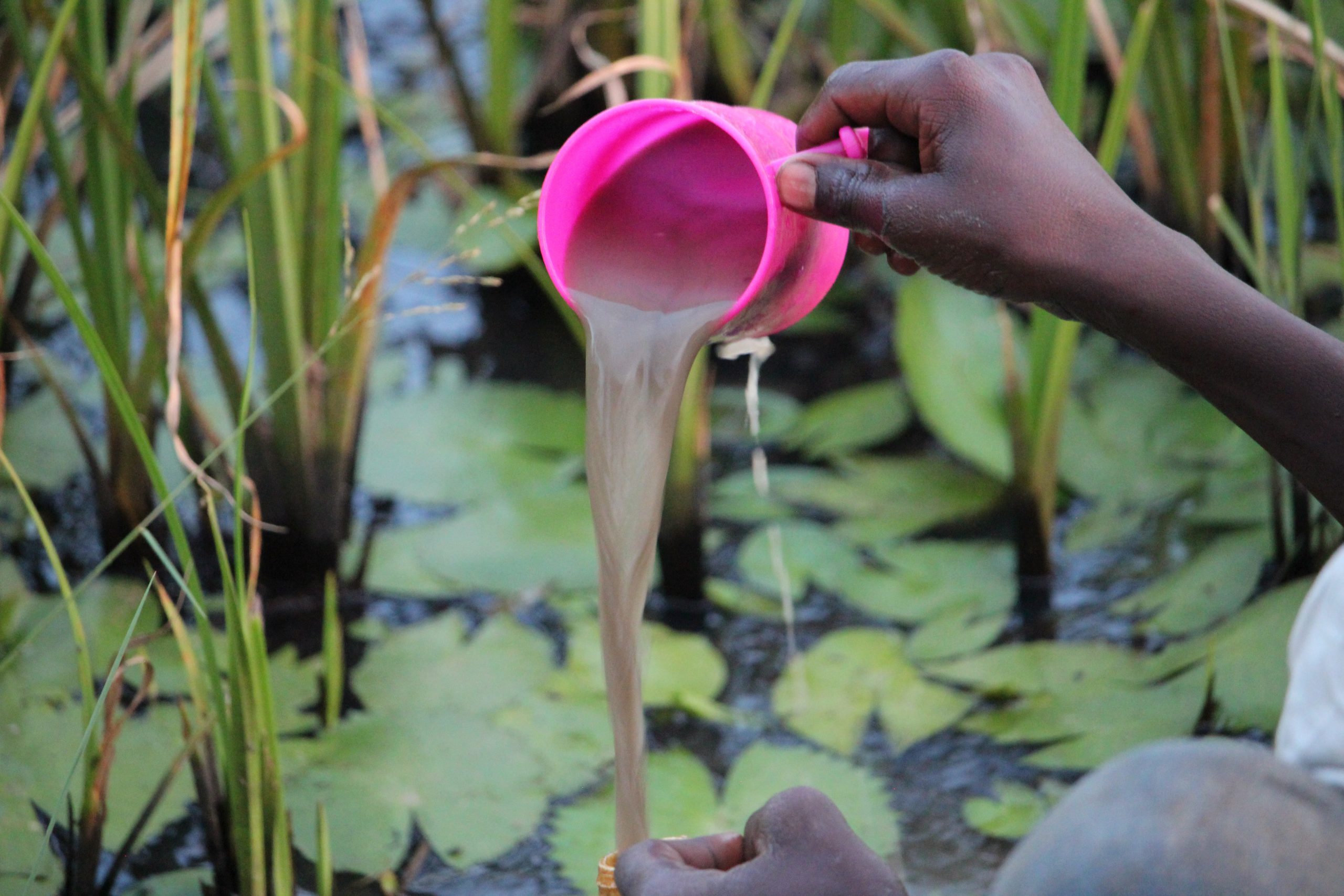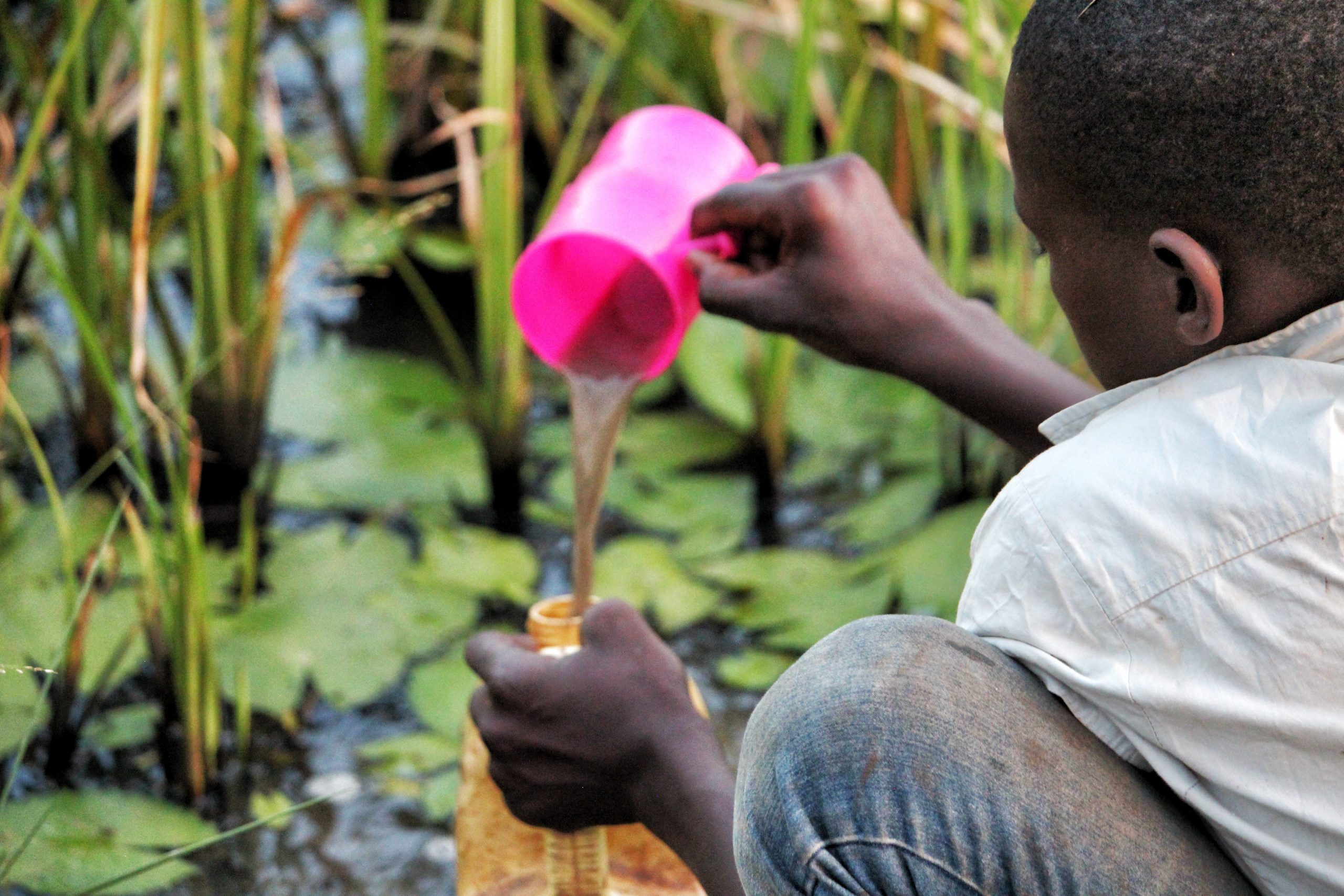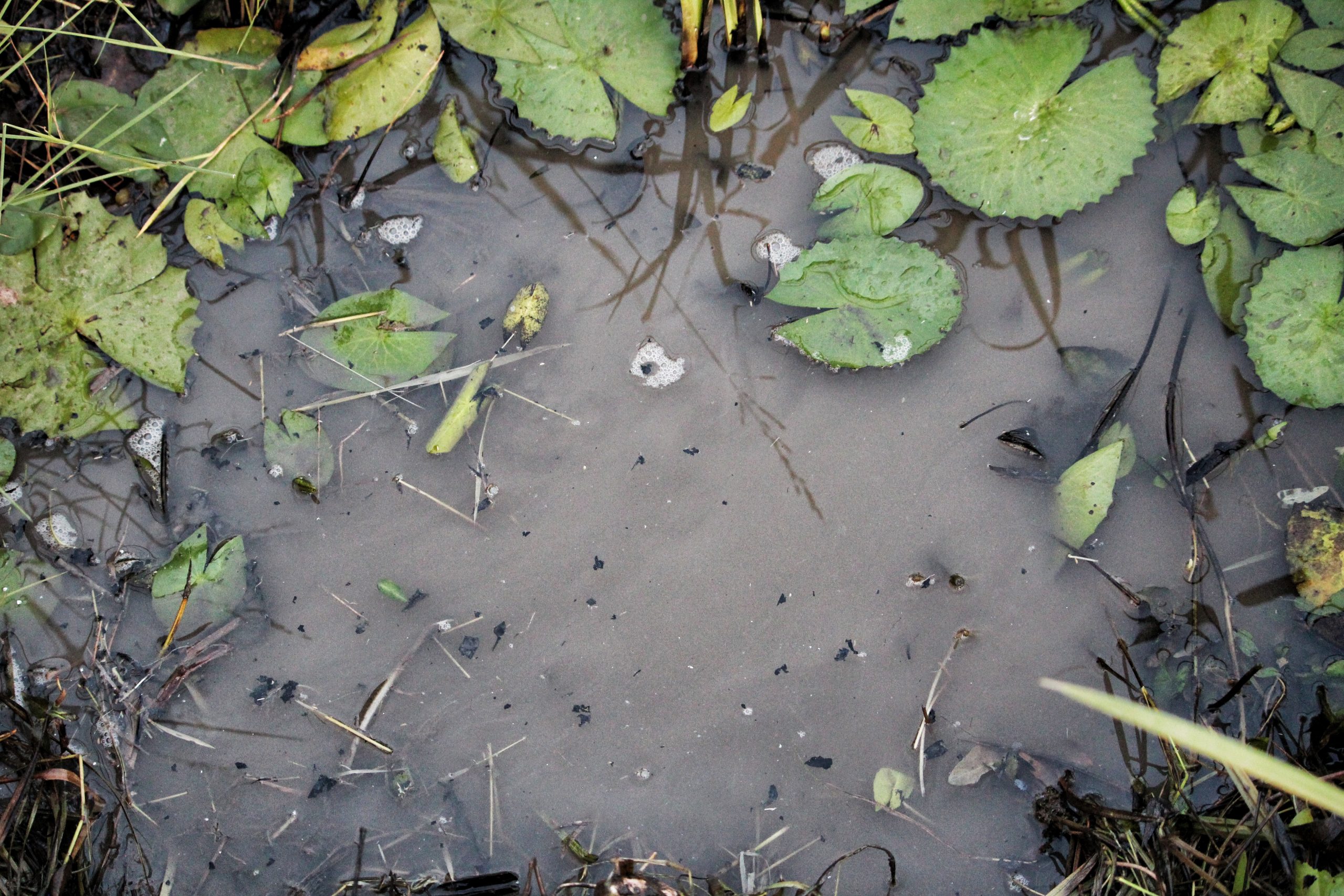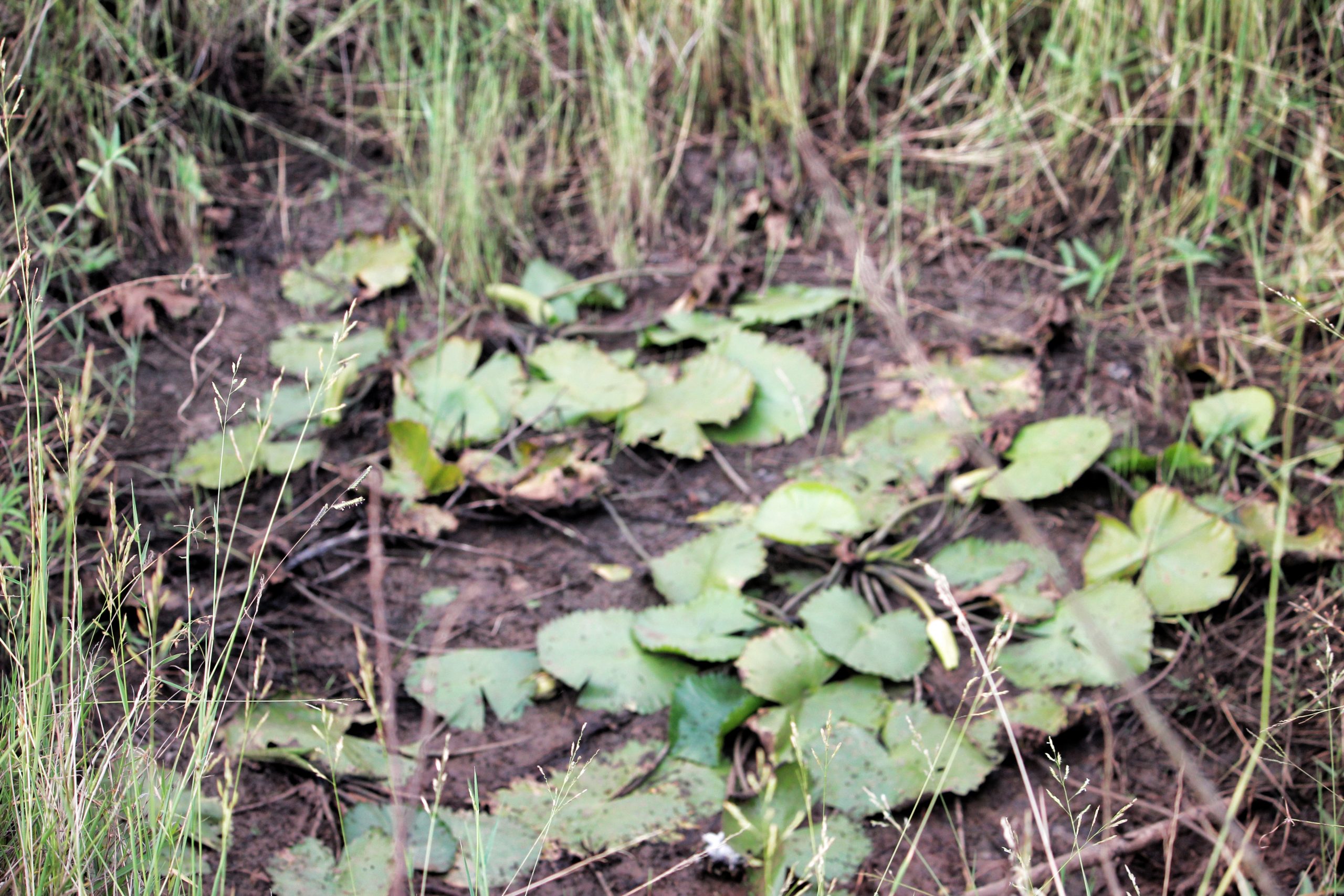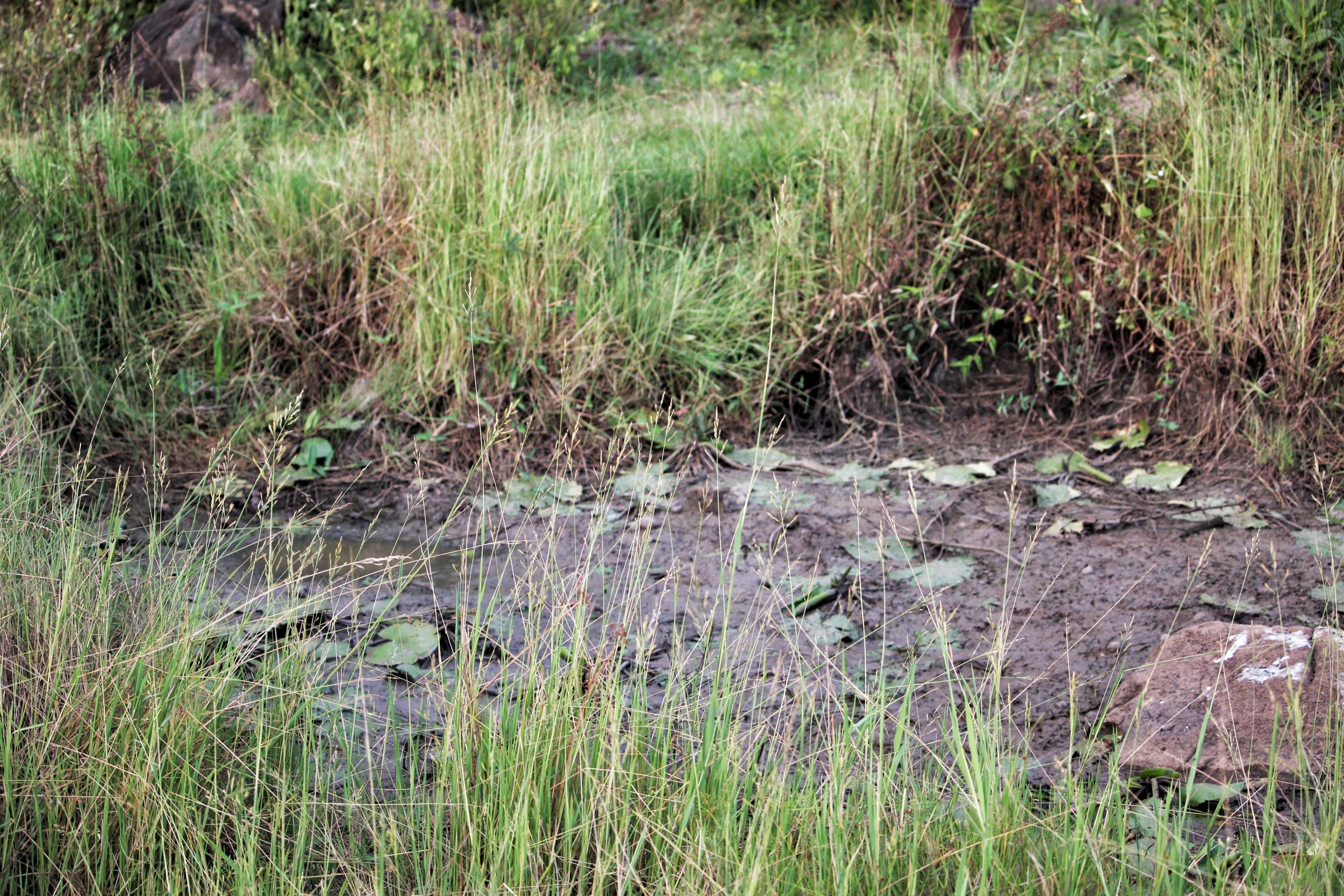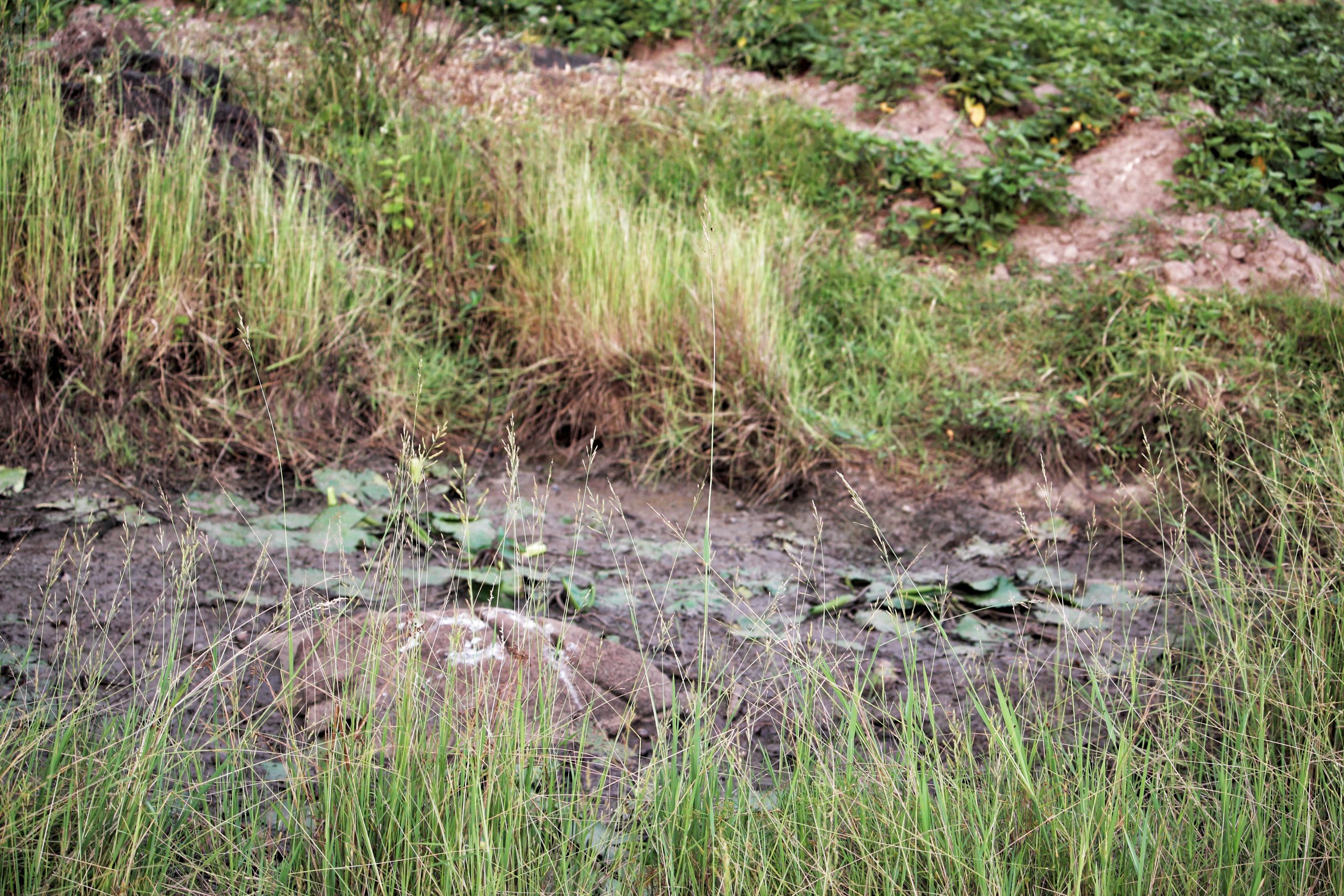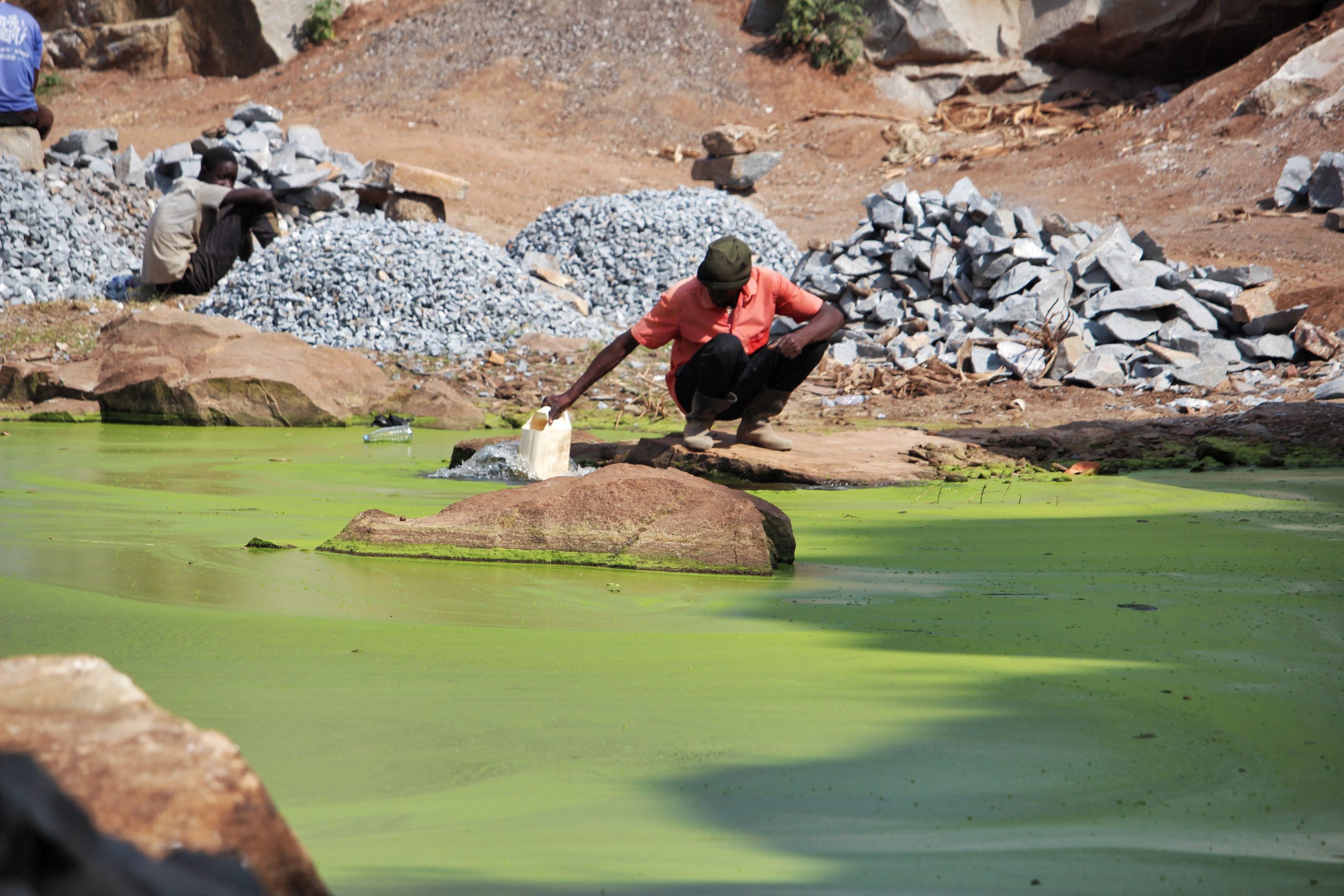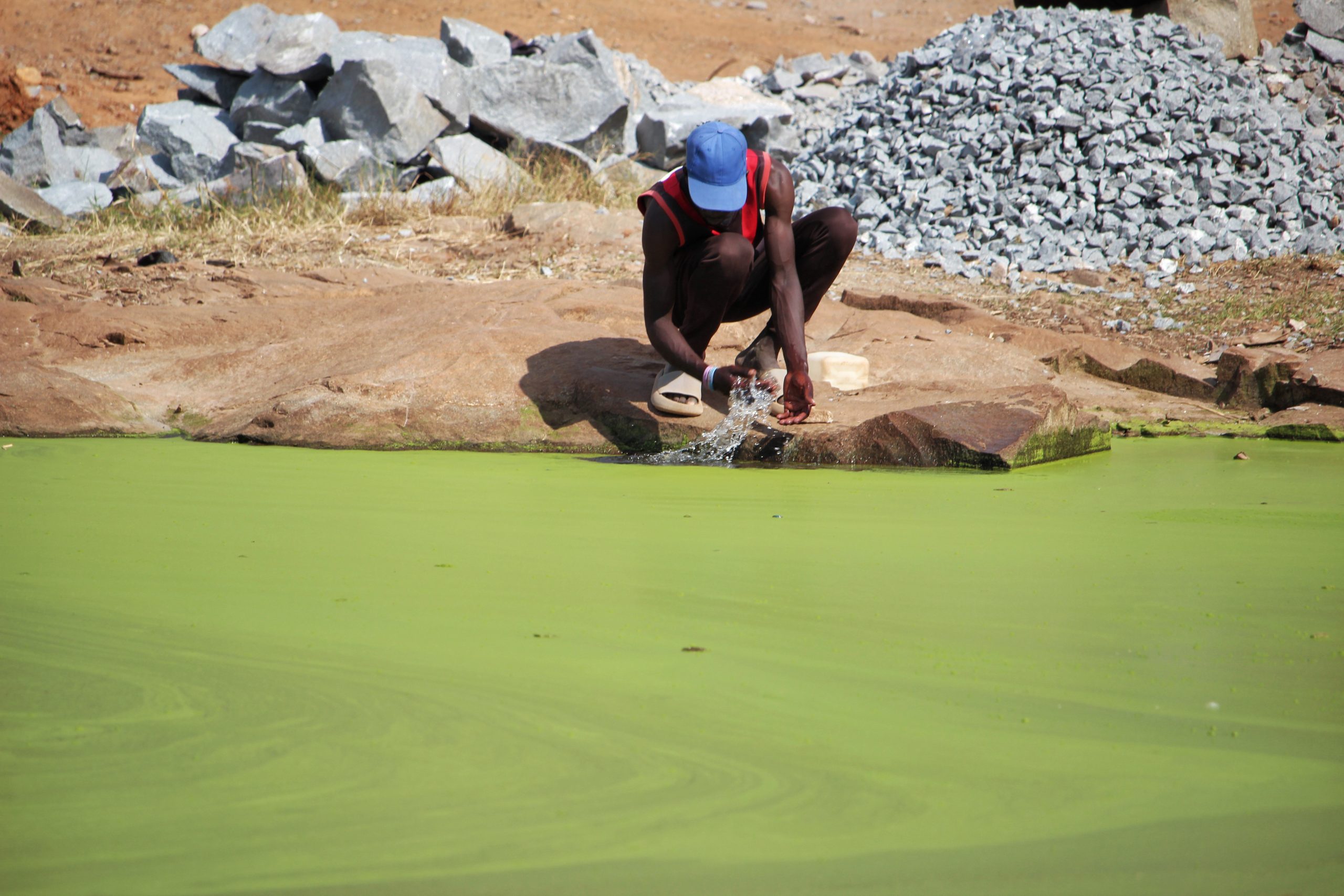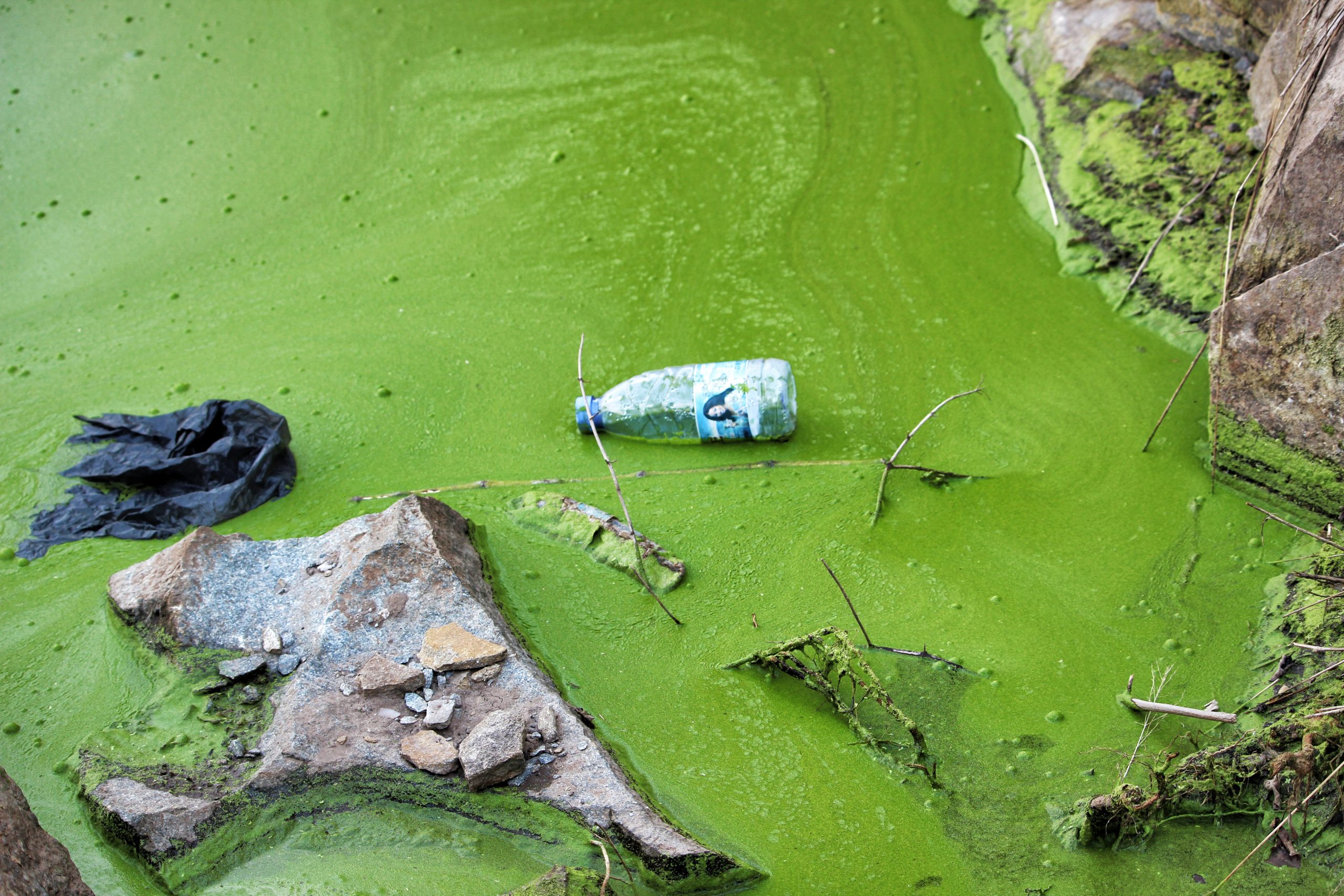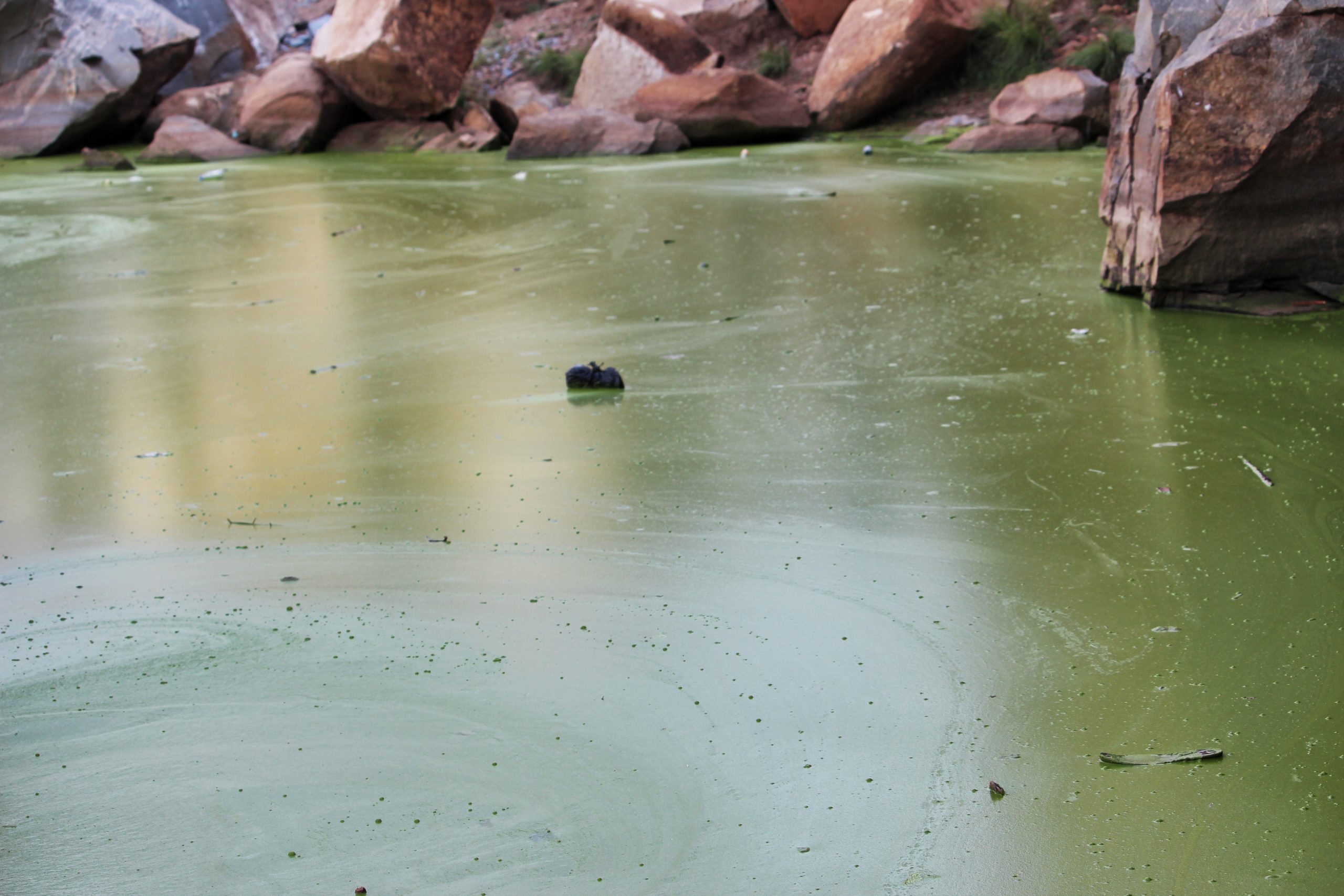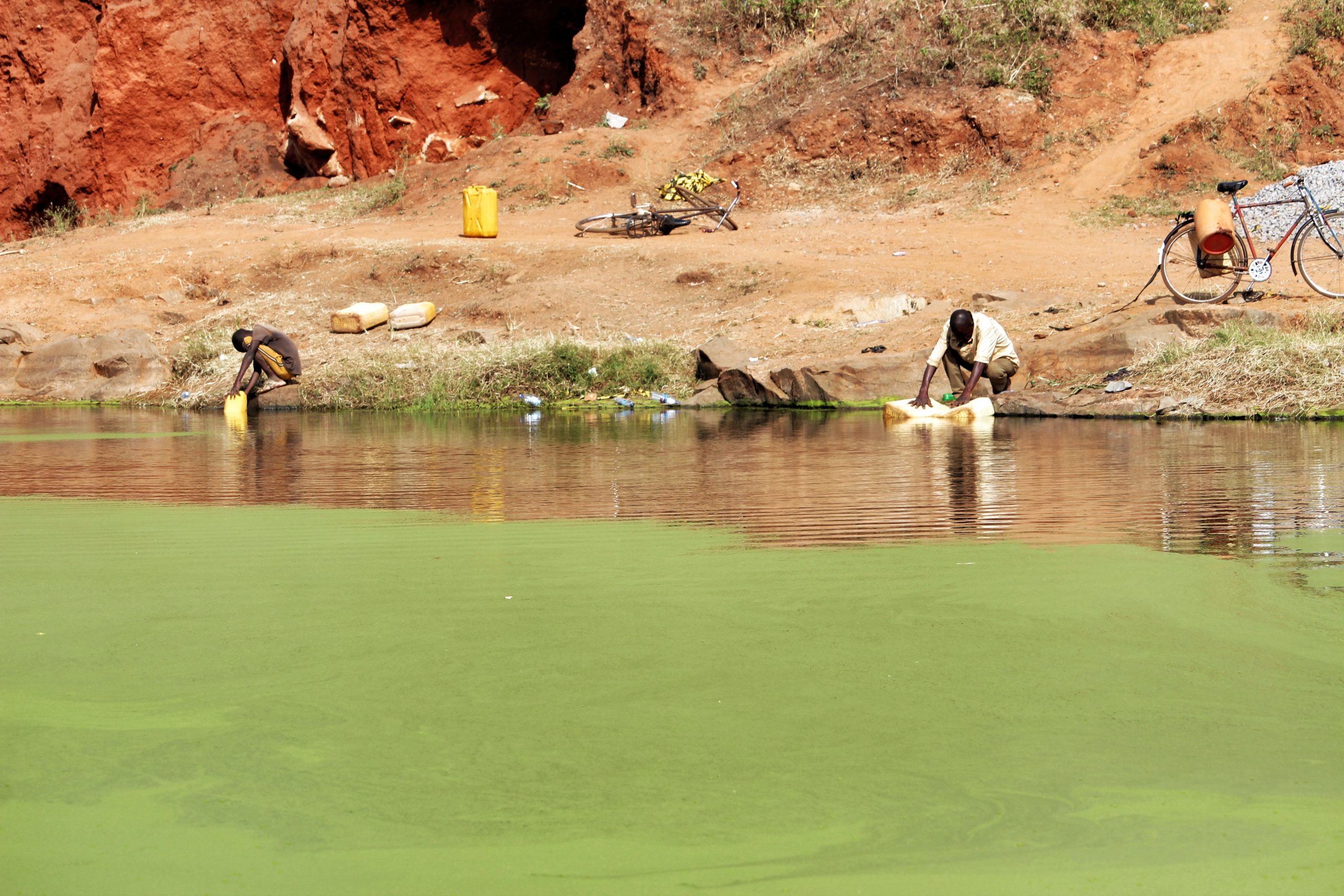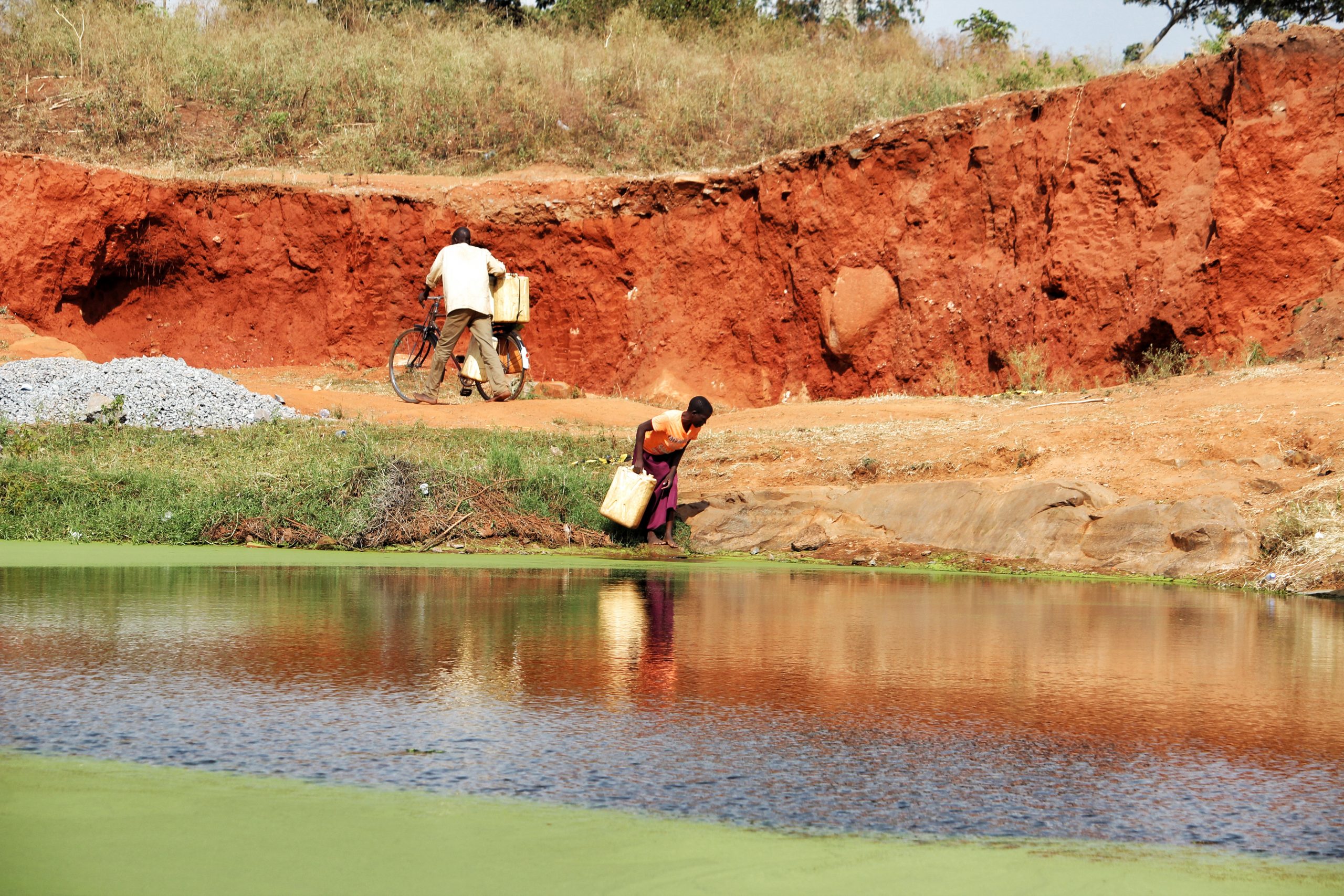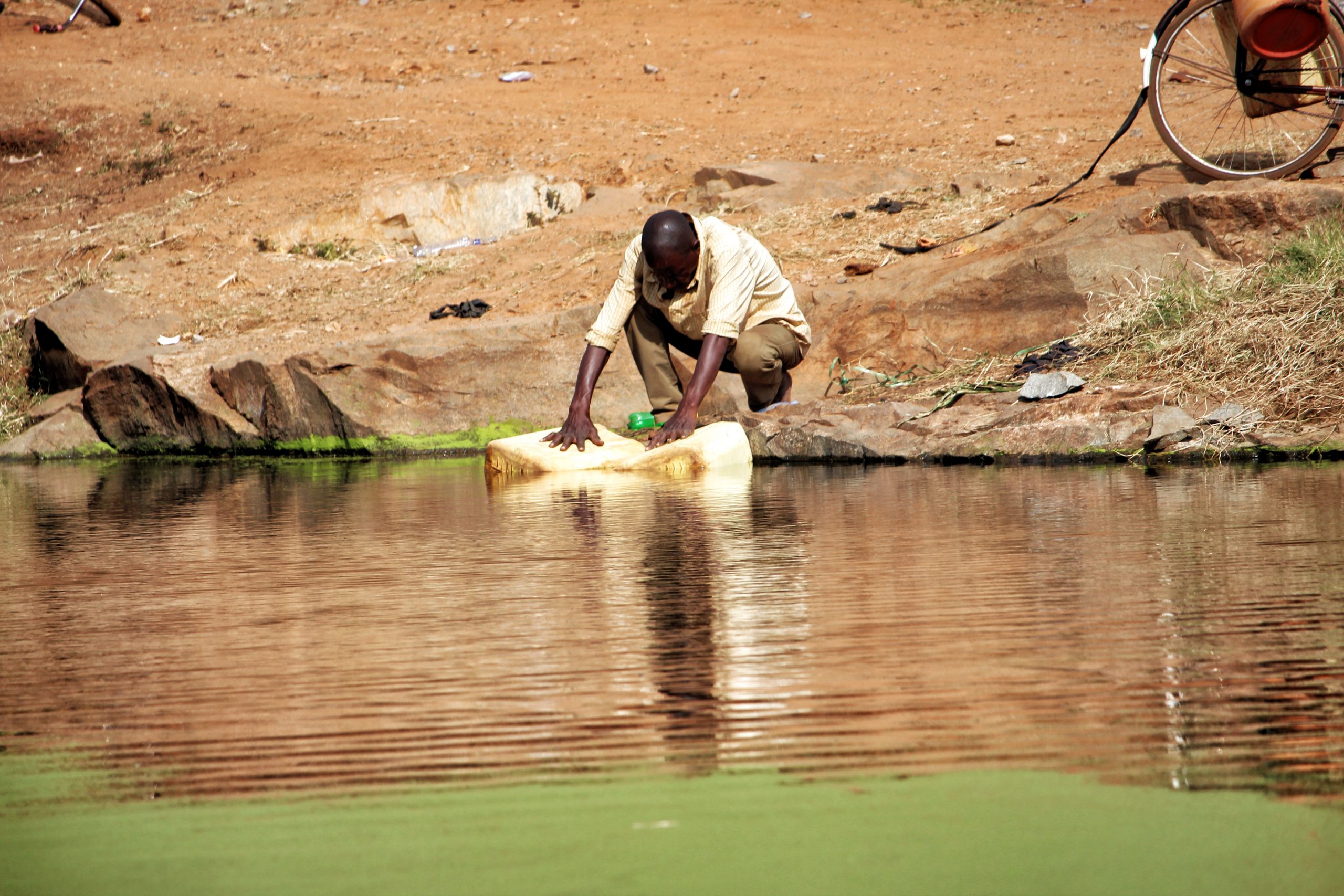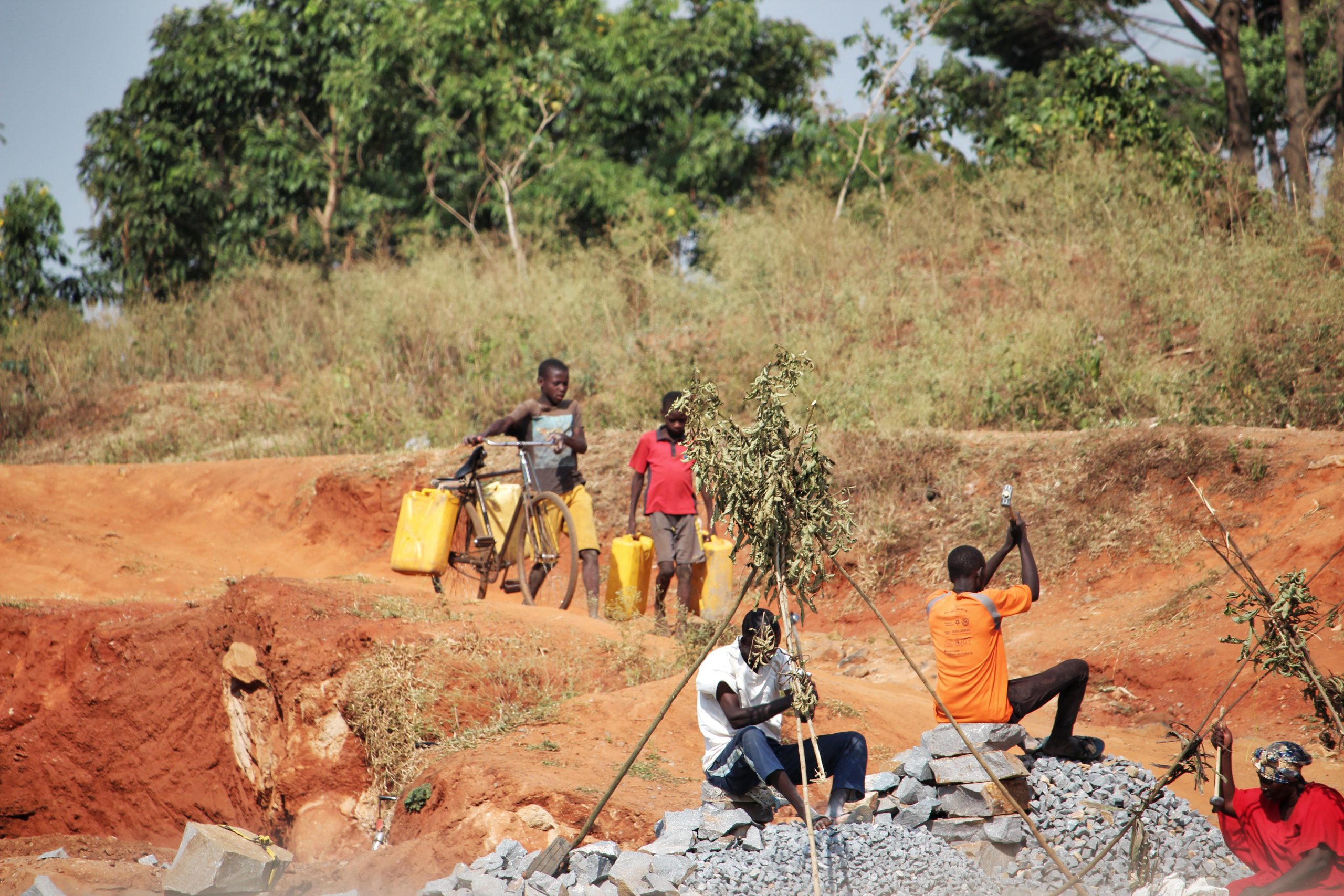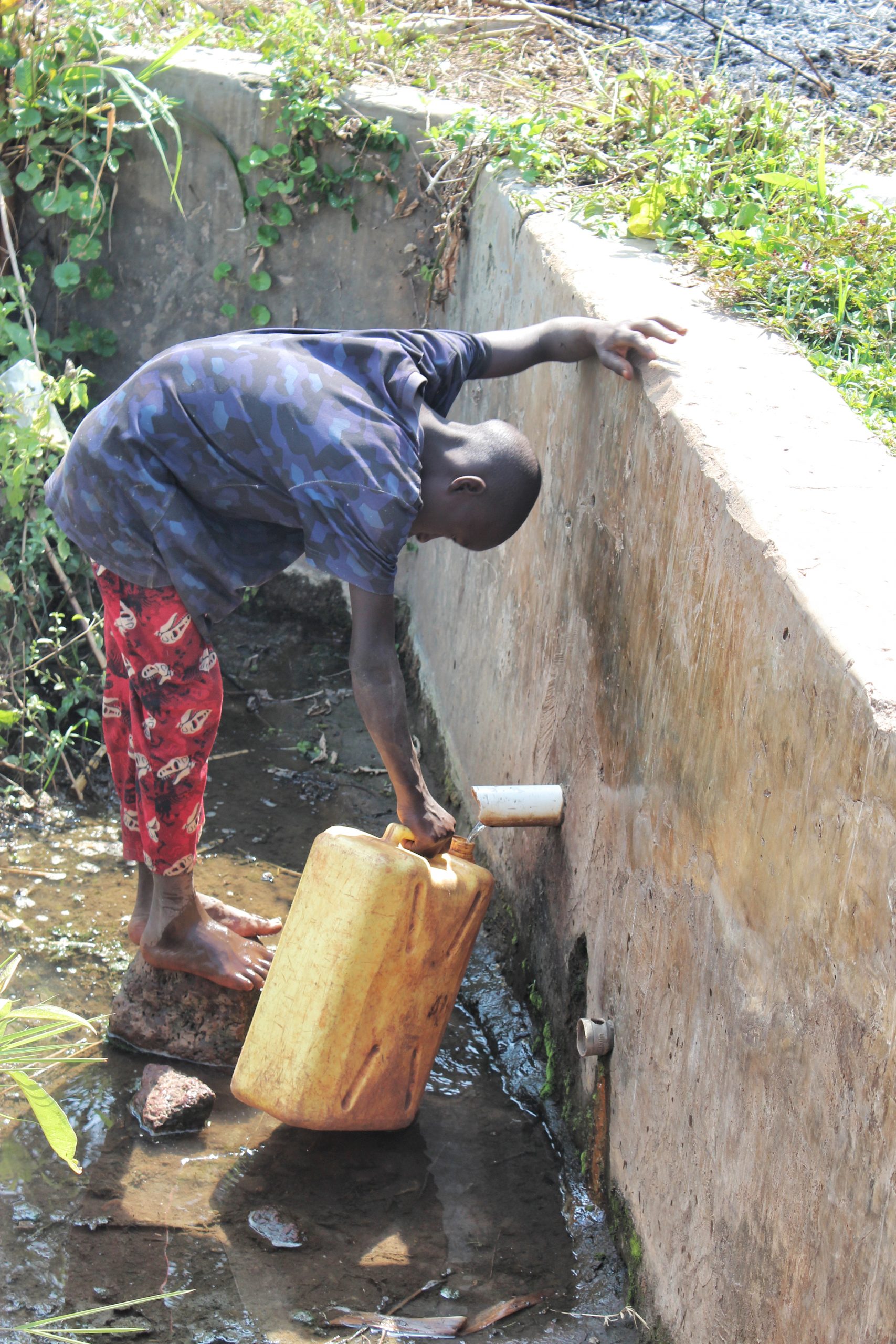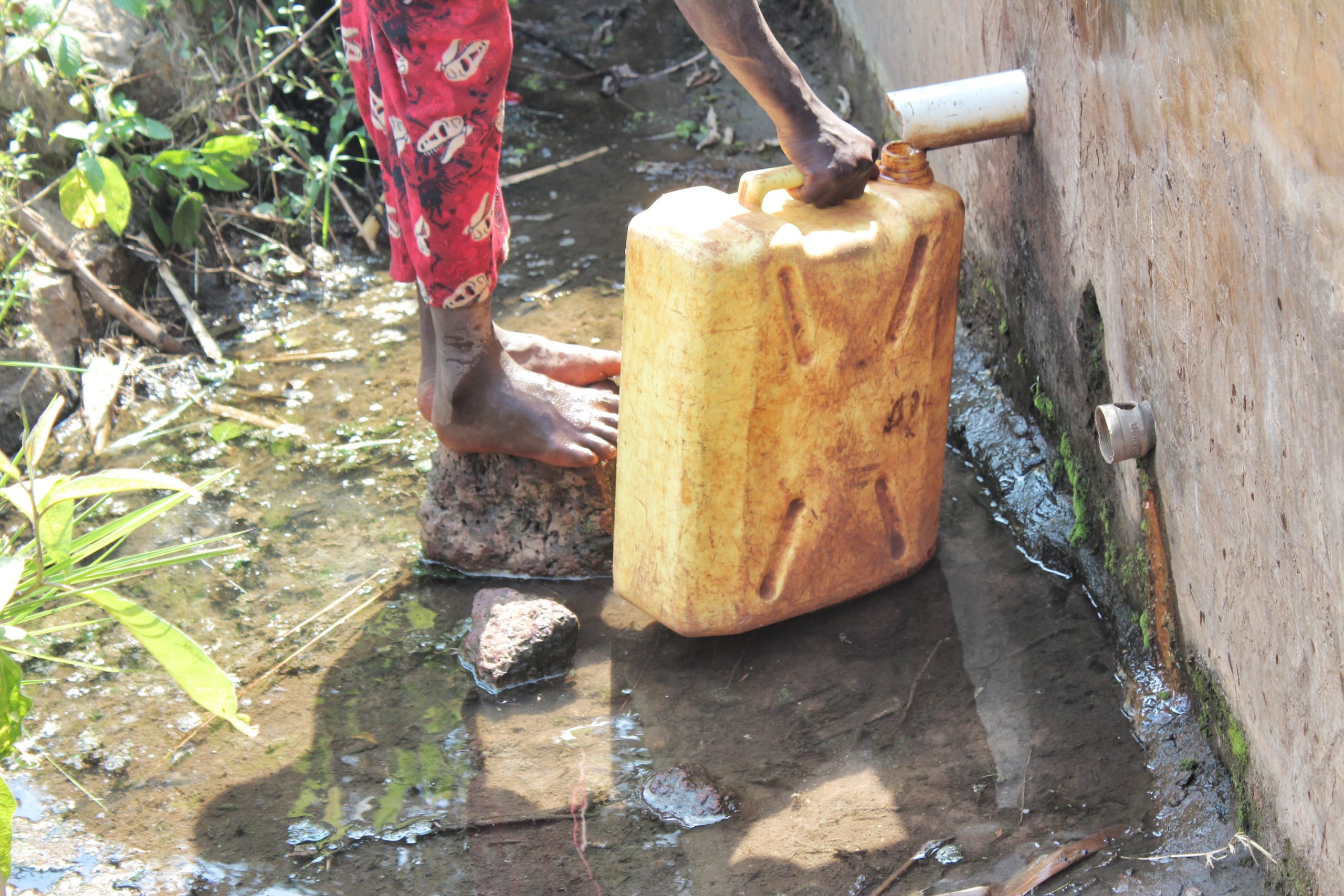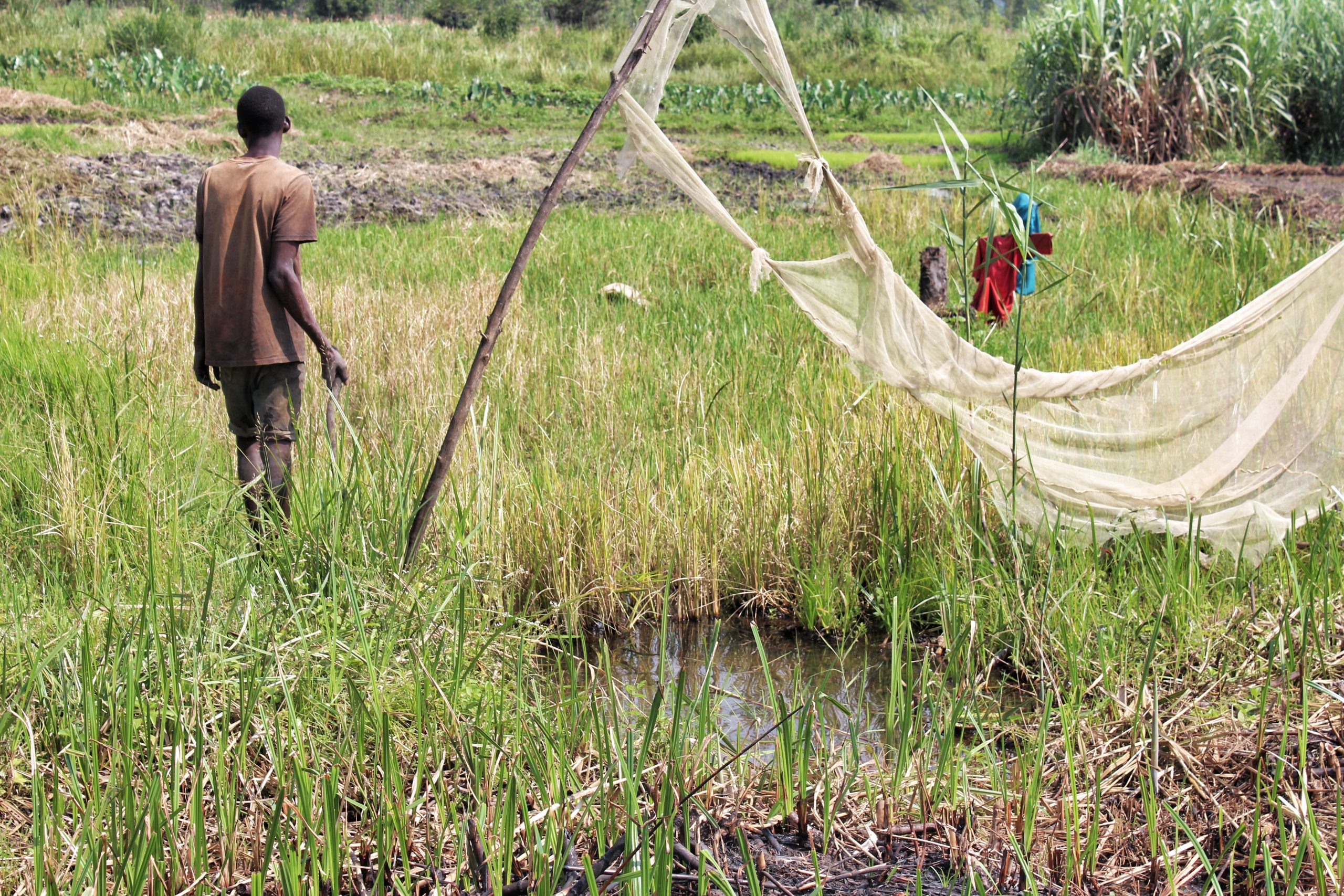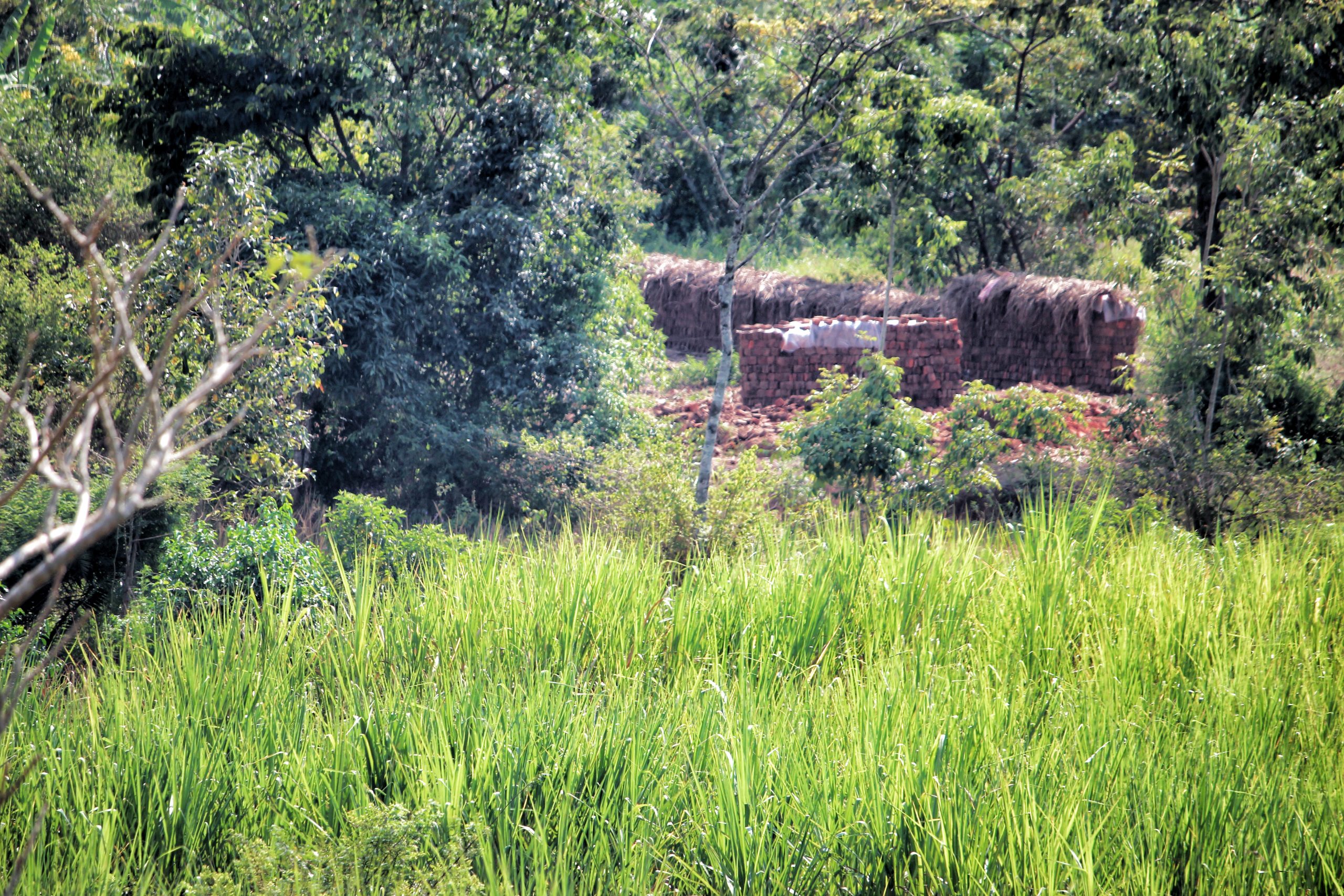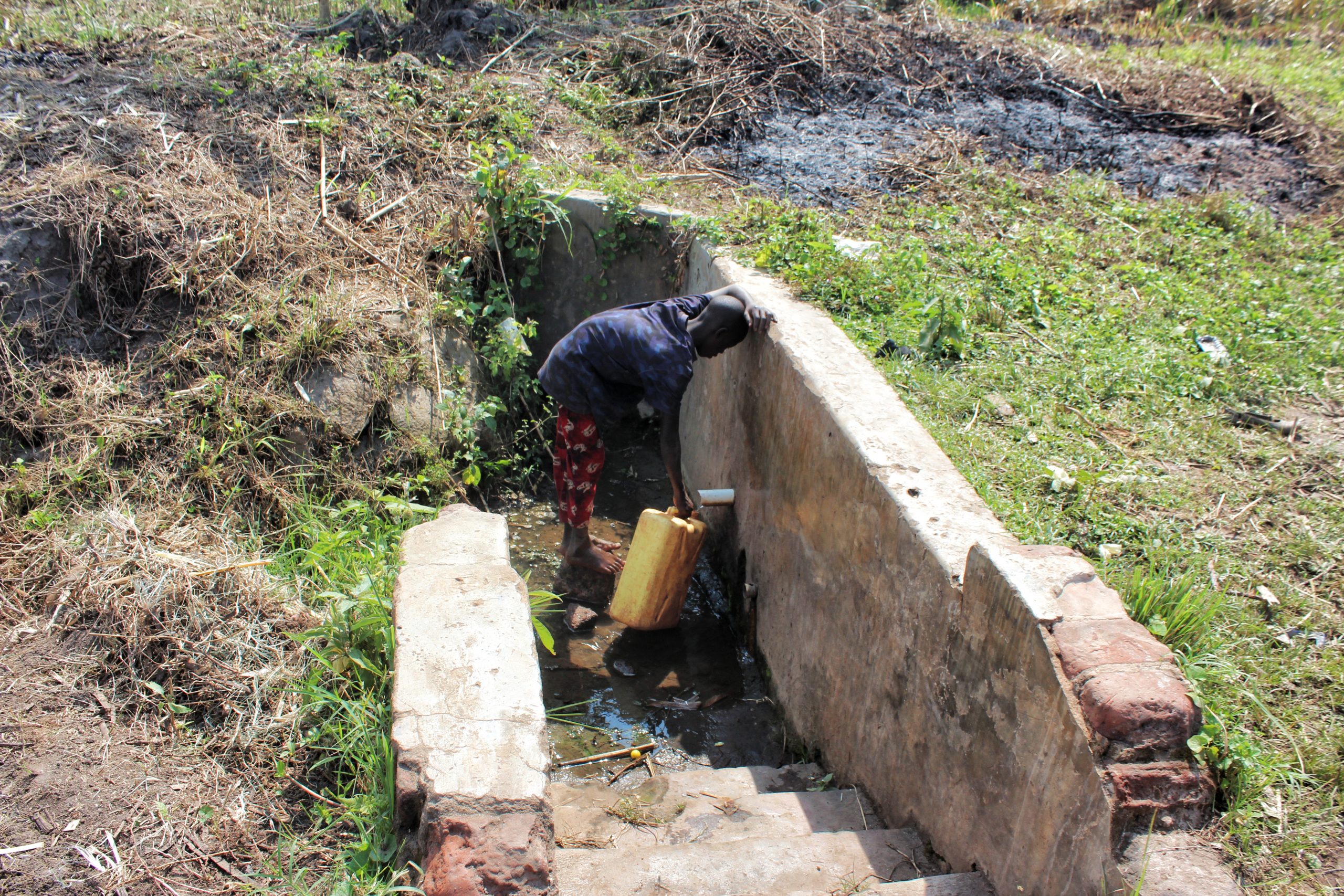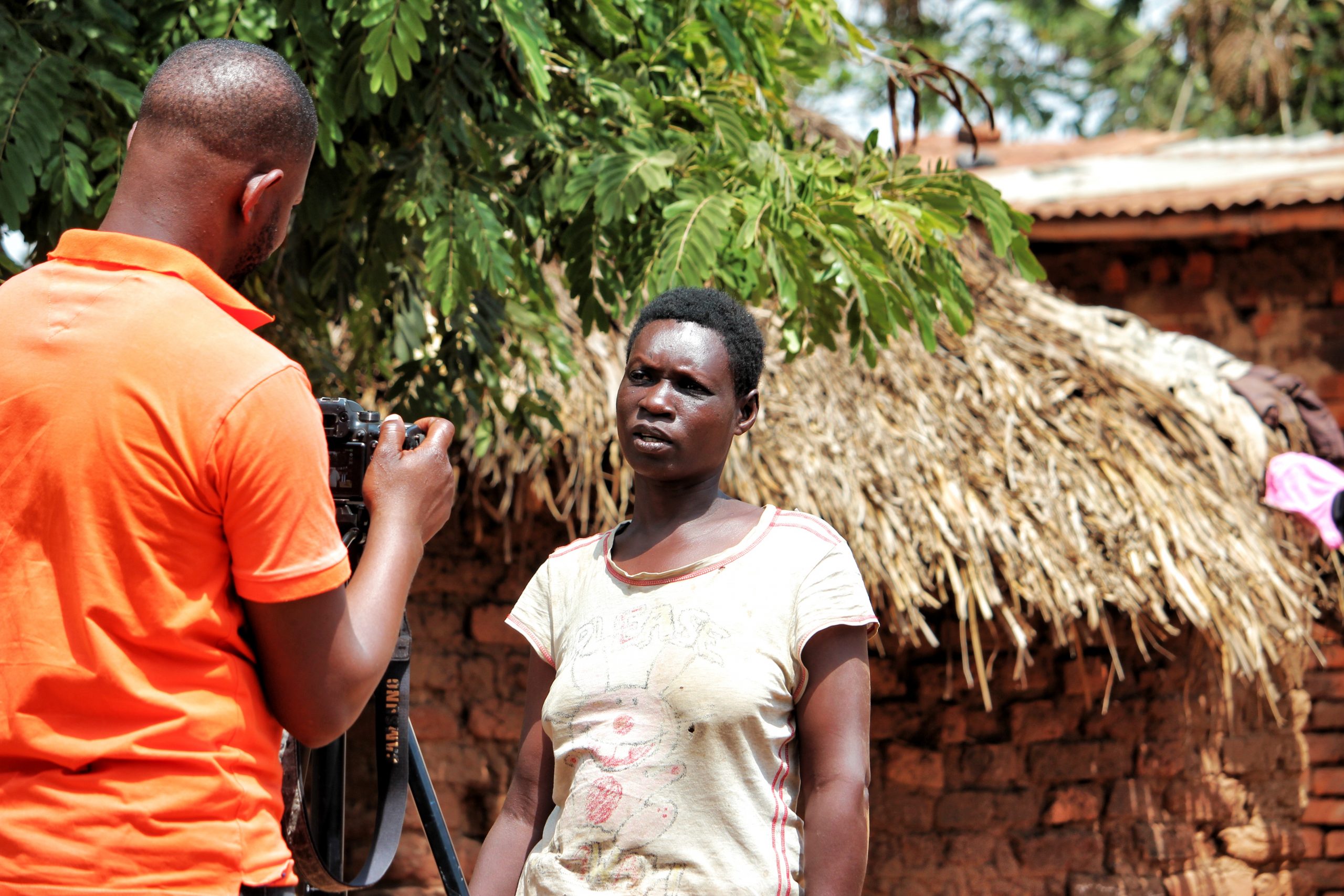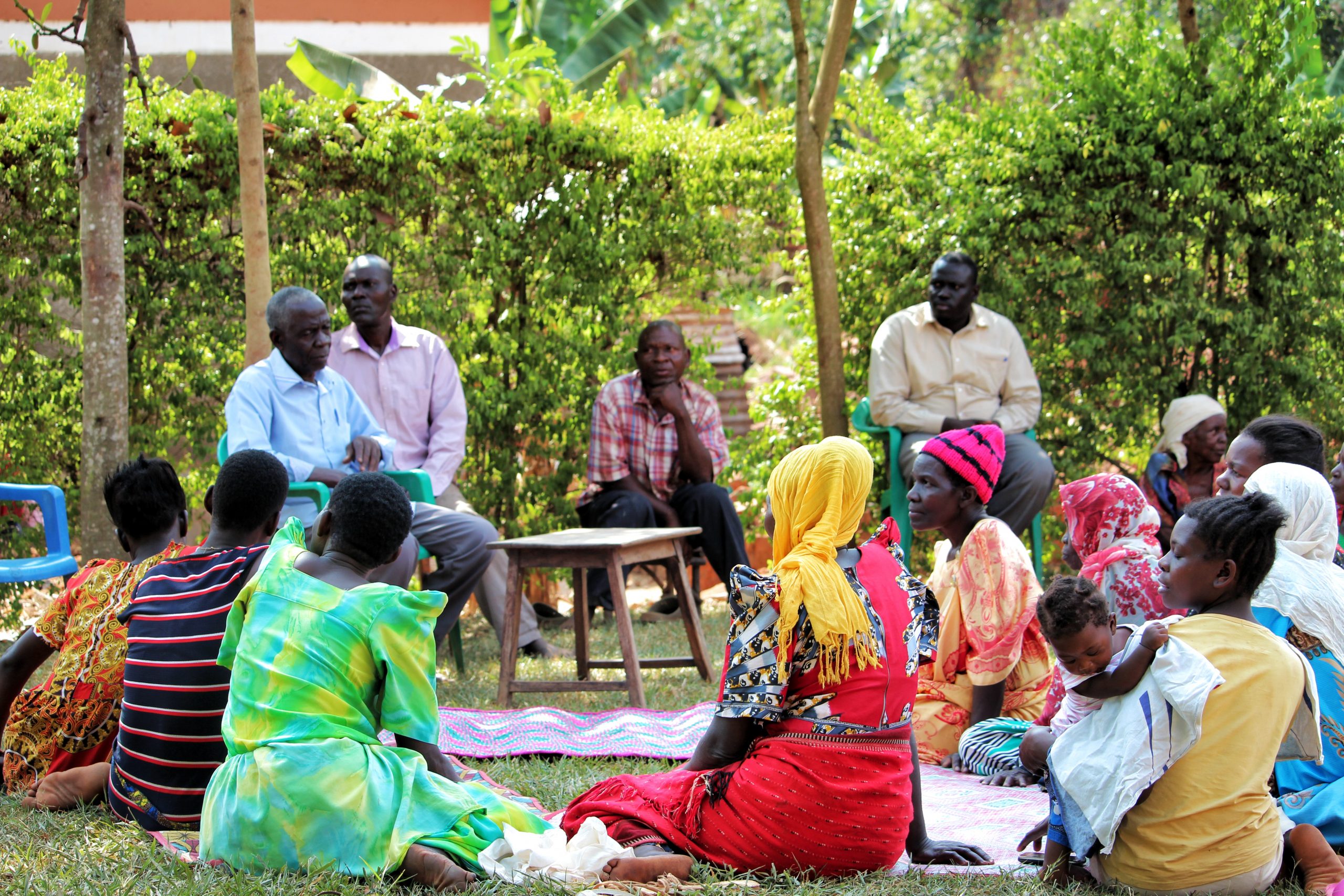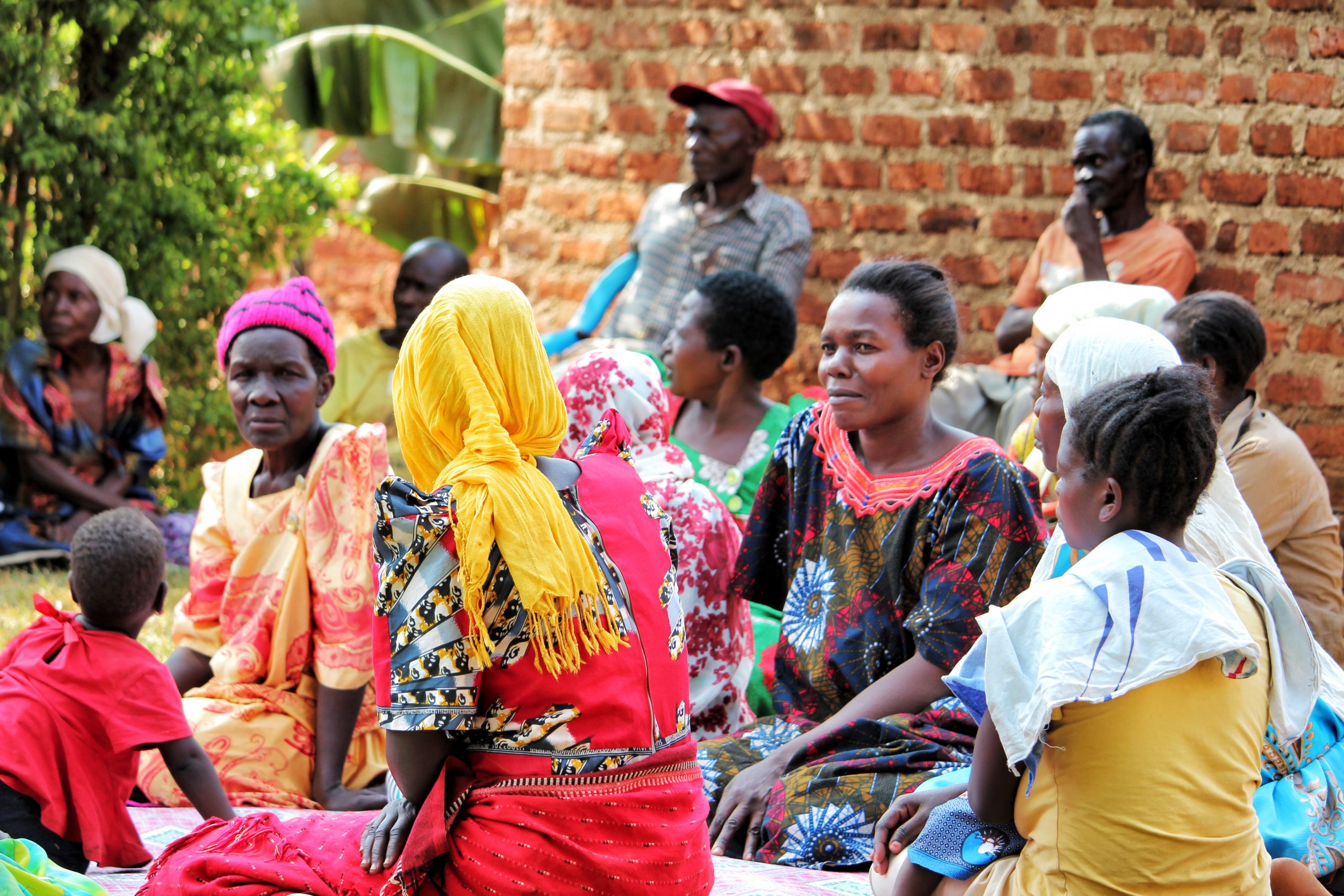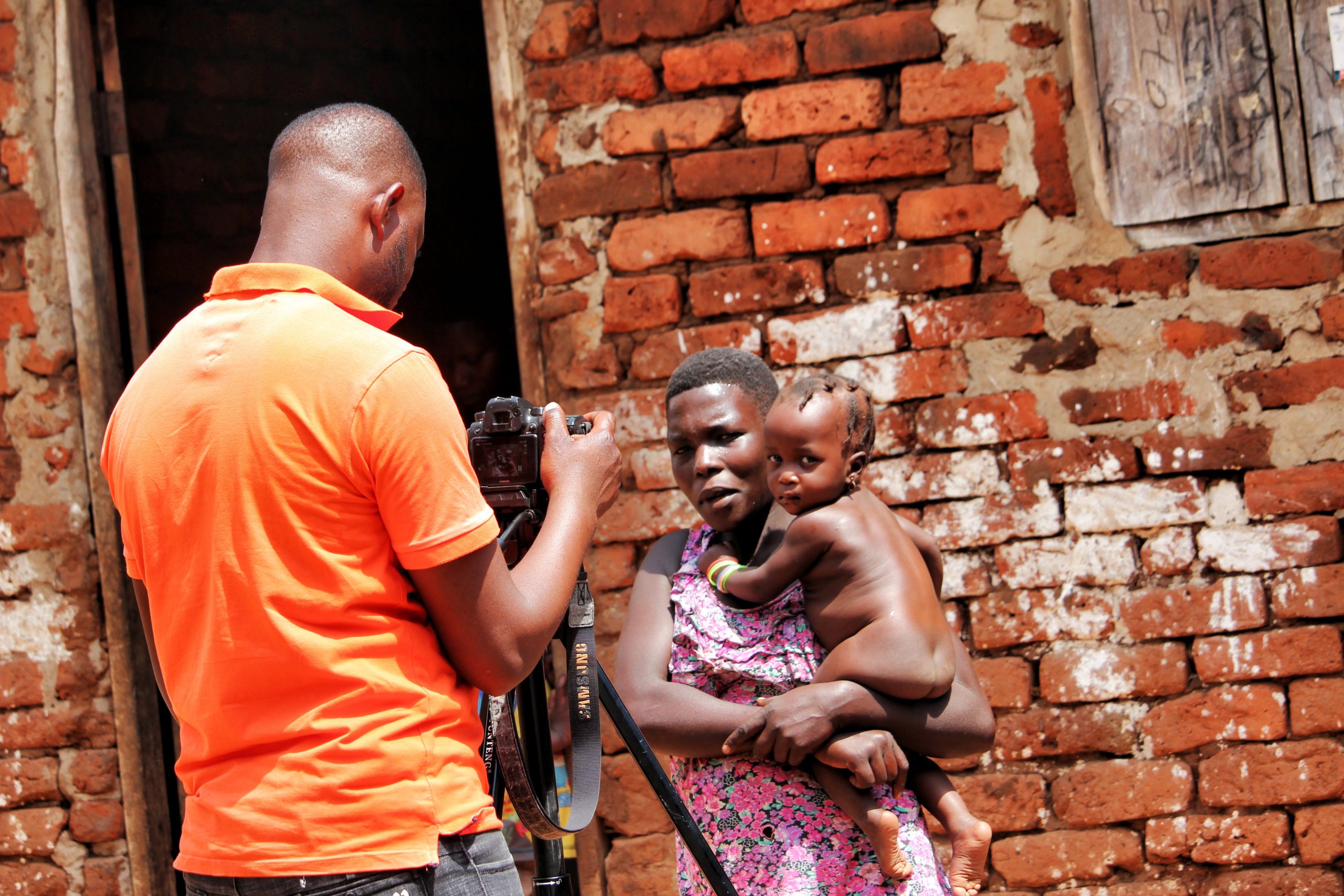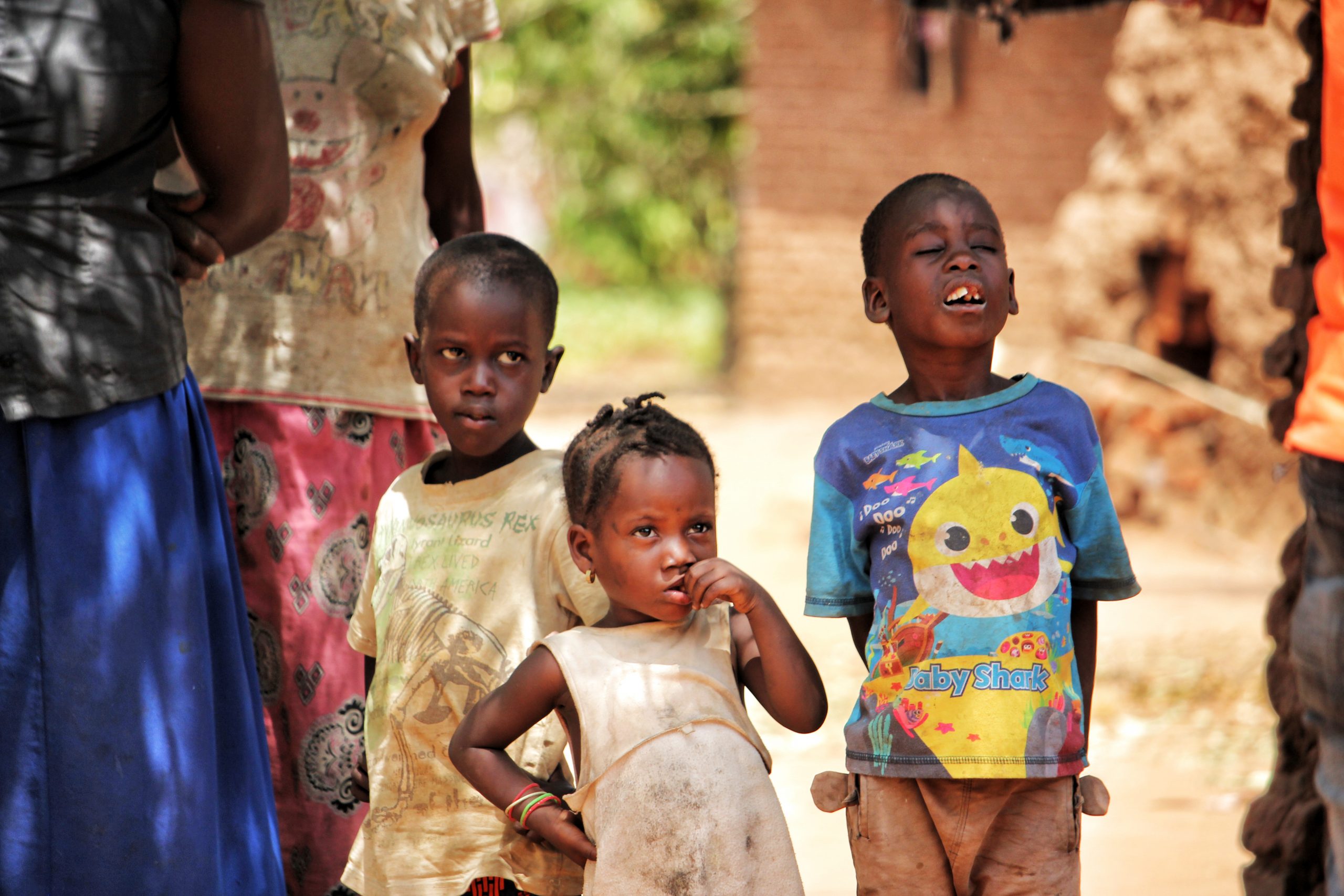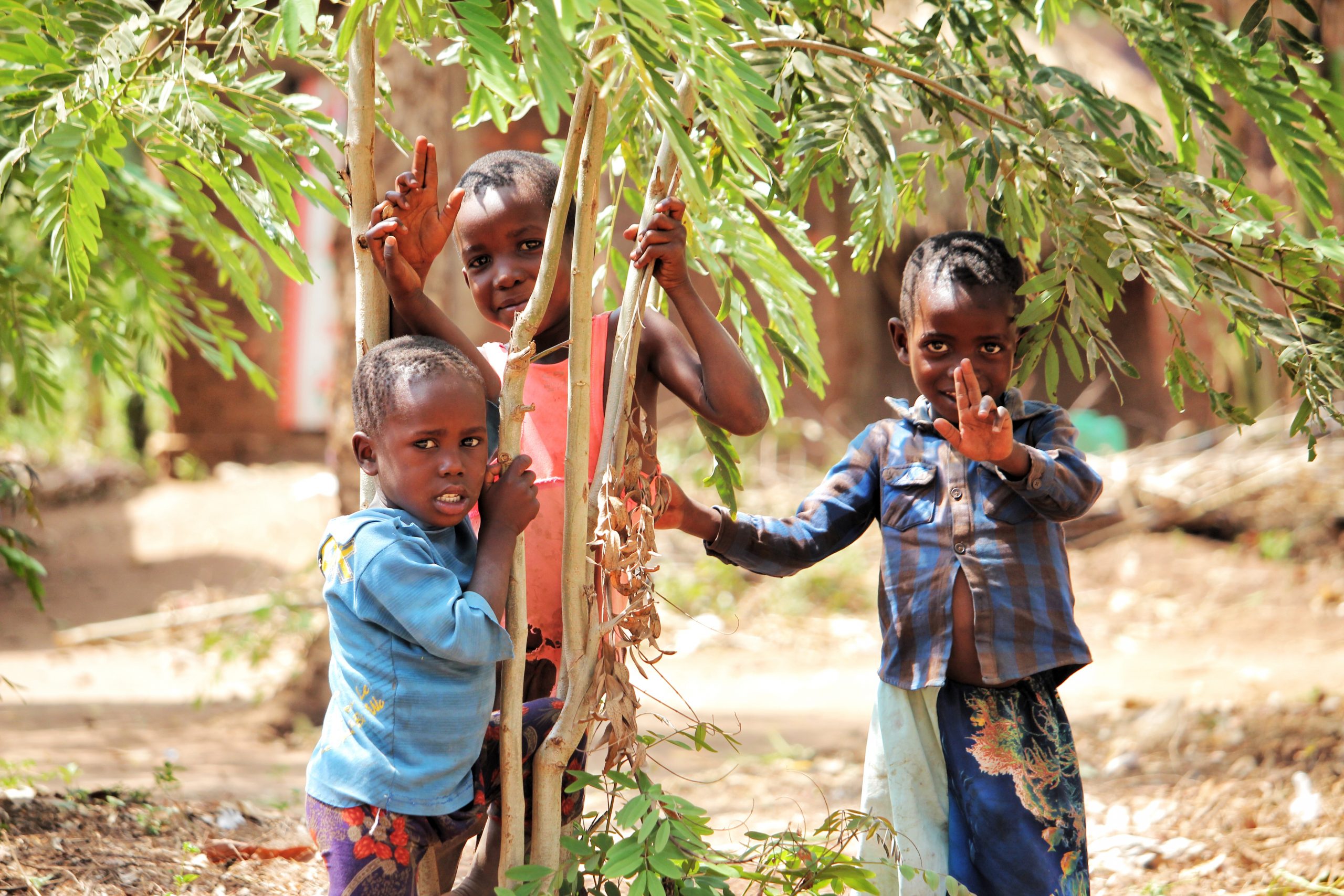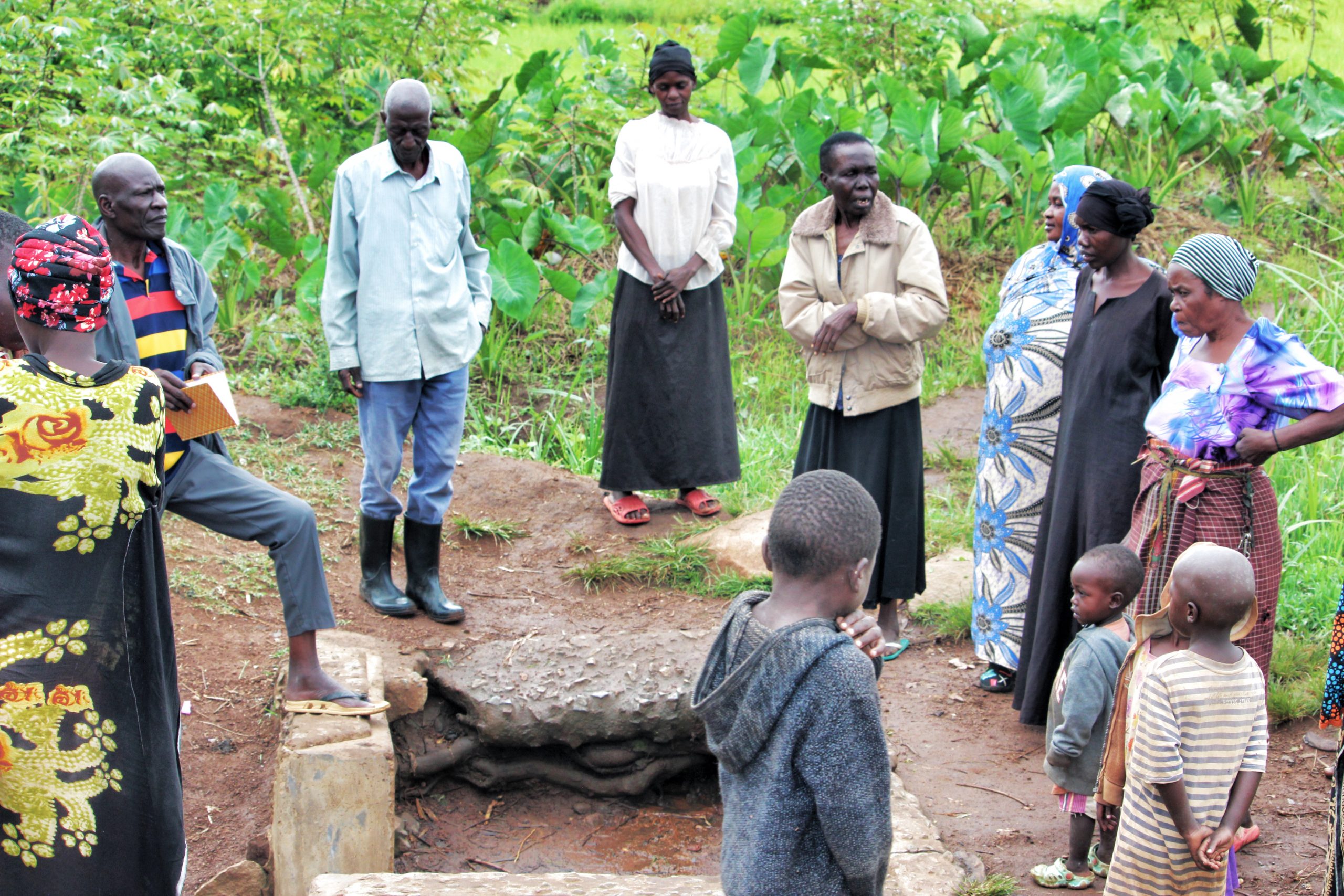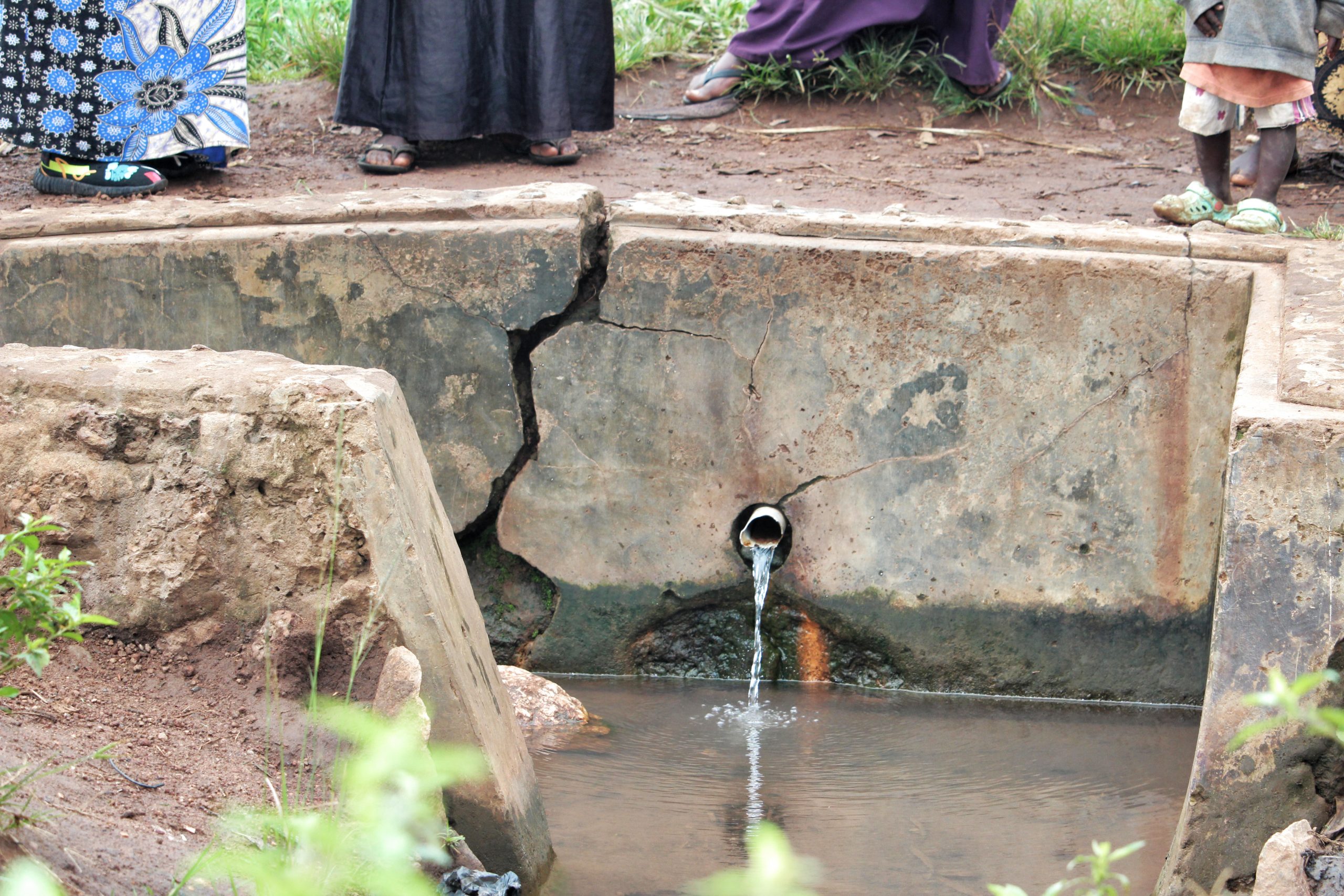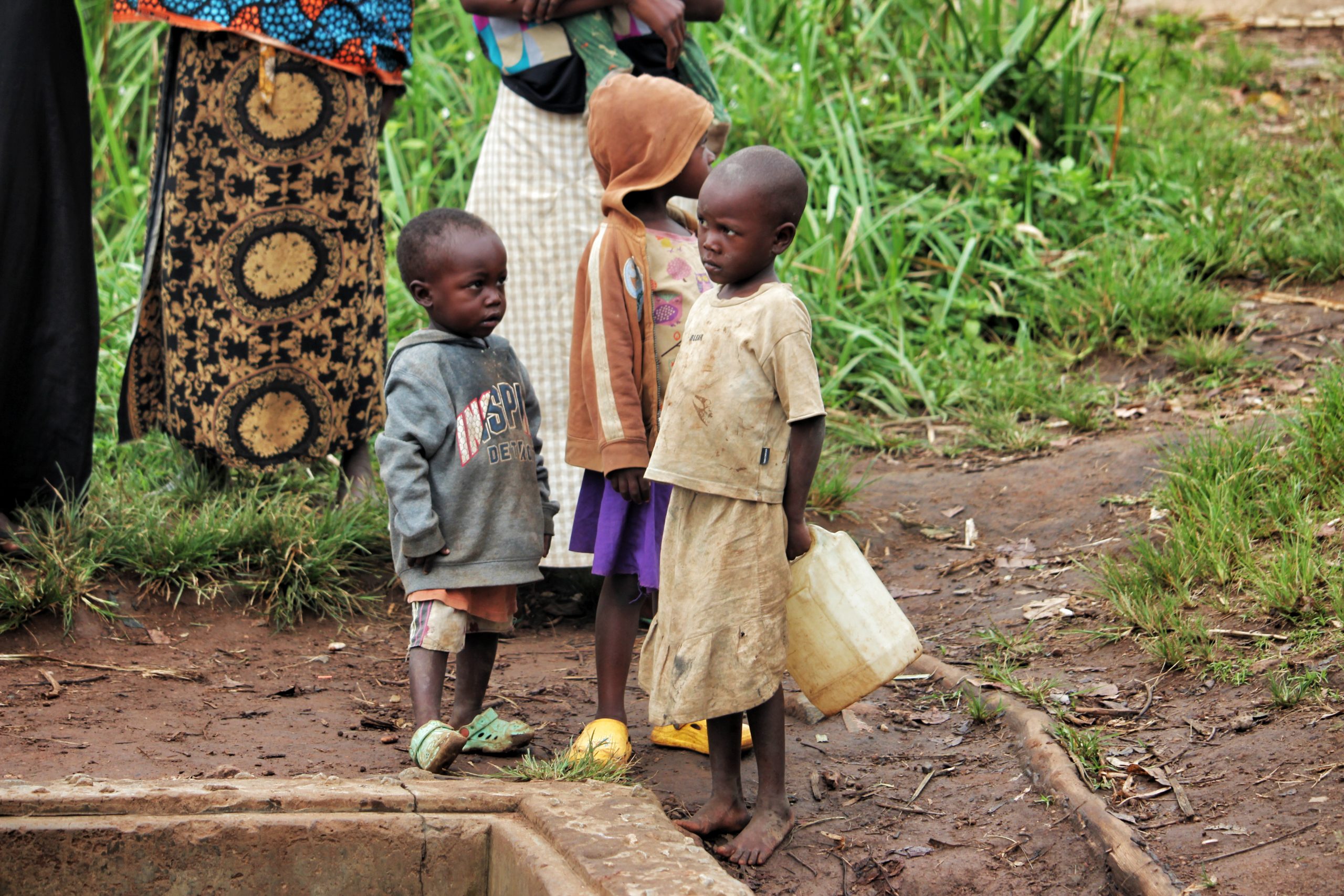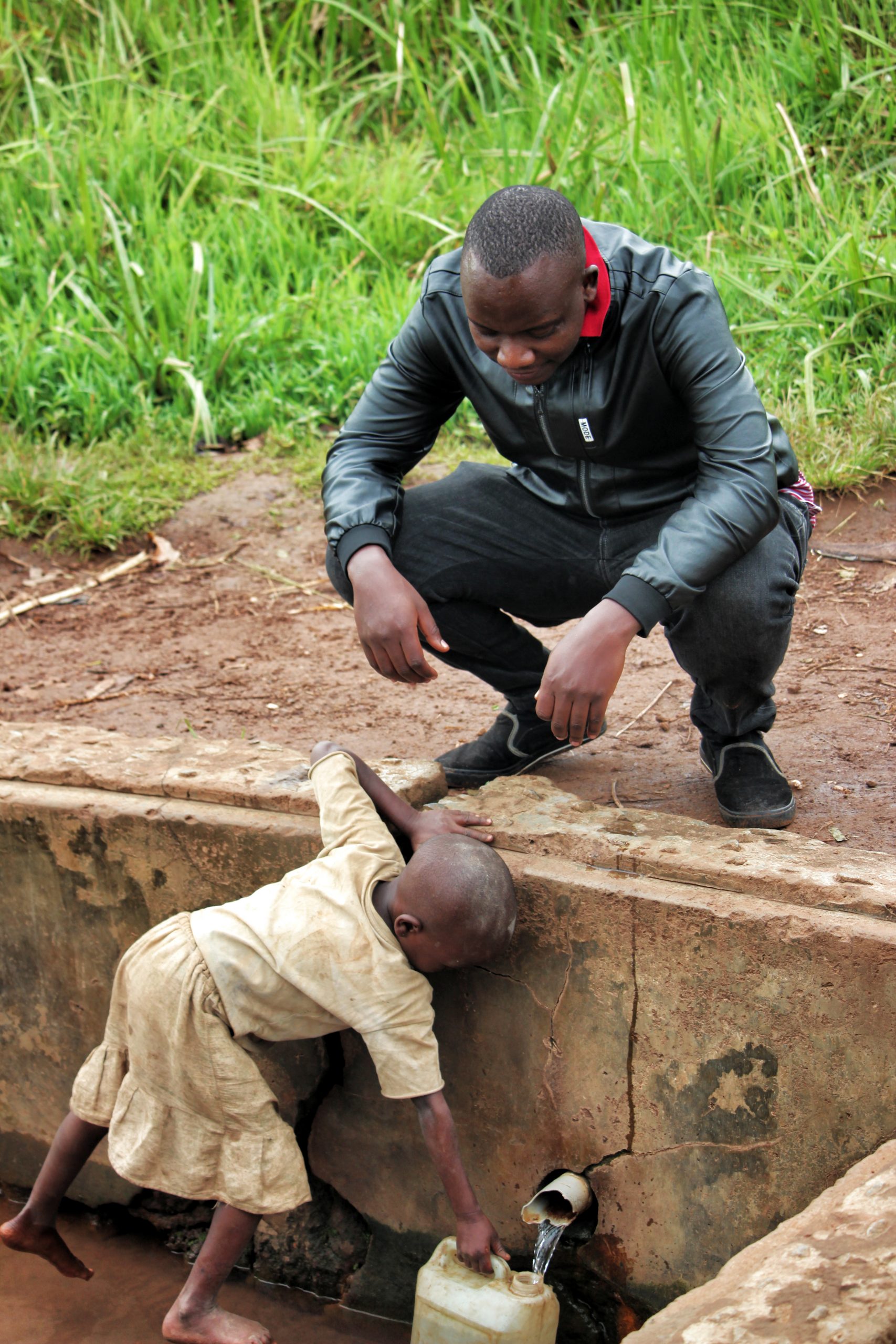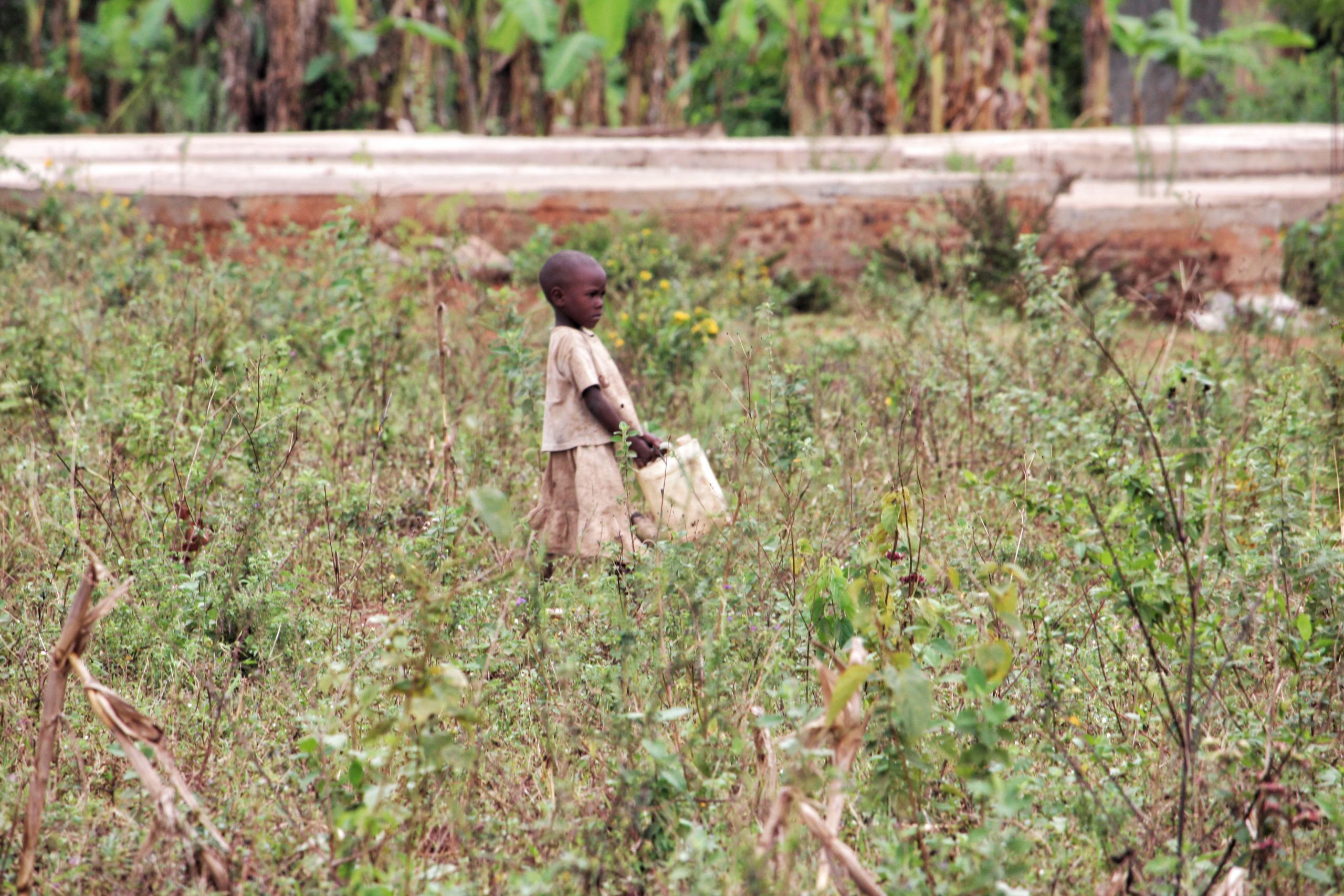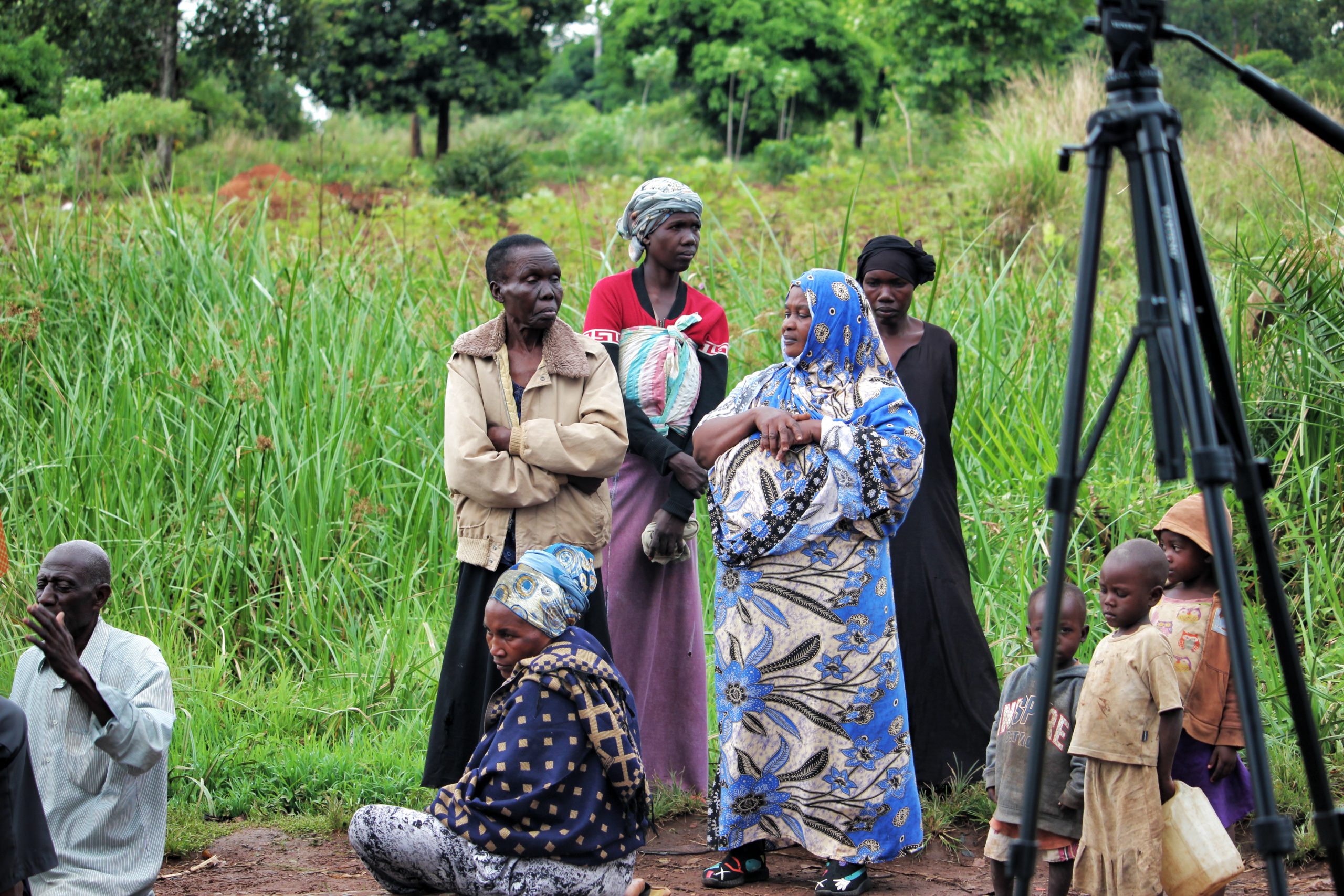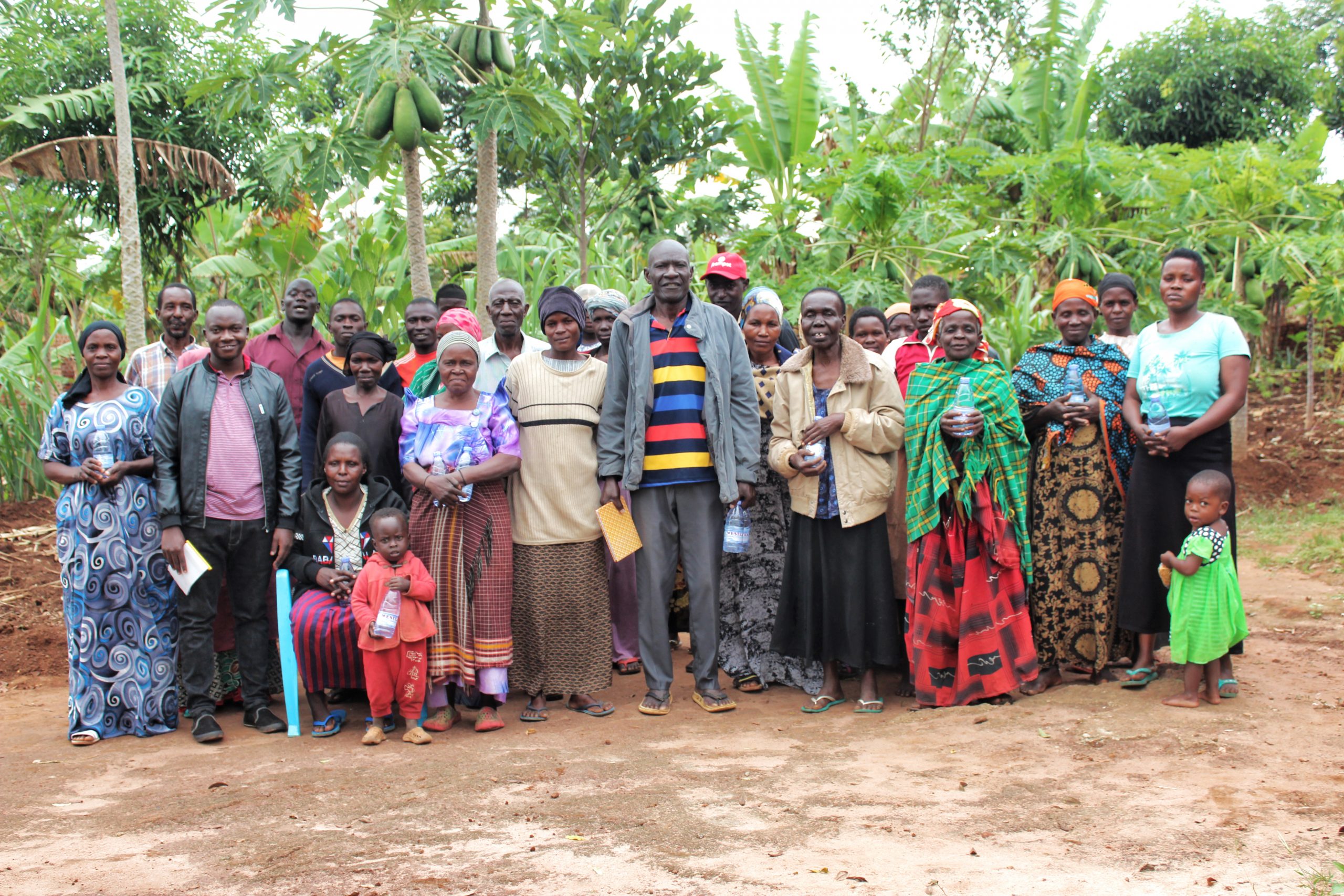PROJECT TITLE: ROUND 2 (10 BOREHOLE CONSTRUCTION) -BUSOGA REGION BORE HOLE PROGRAM
NUMBER OF BENEFICIARIES: OVER 10274 PEOPLE, THE ELDERLY, YOUNG MOTHERS AND CHILDREN
ESTIMATED STARTING DATE: August / 2023 PROJECT DURATION: 5 WEEKS
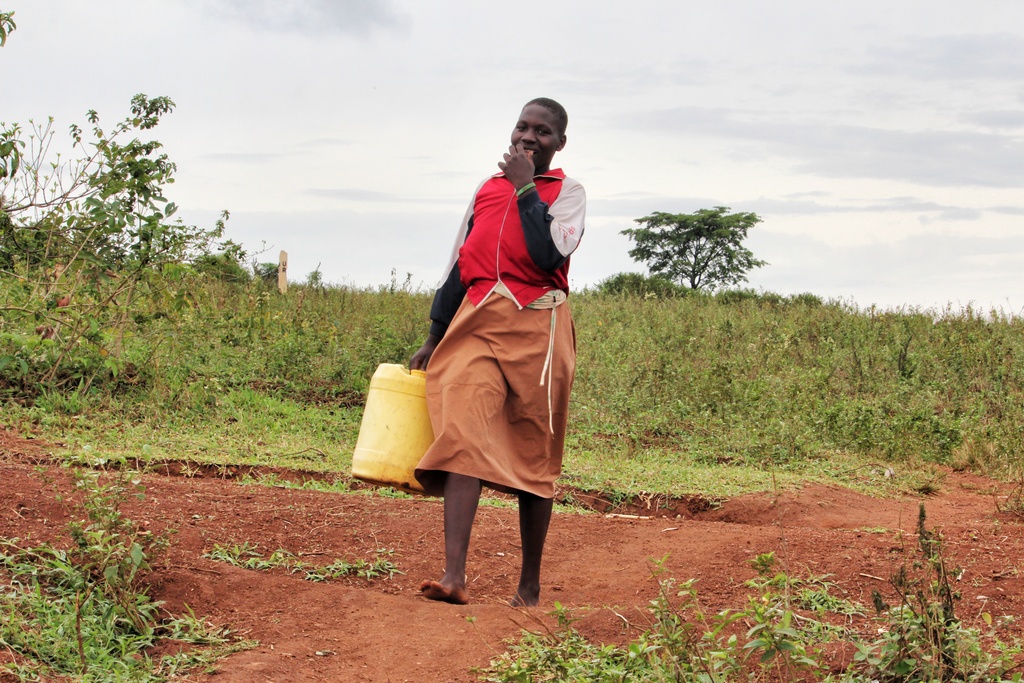
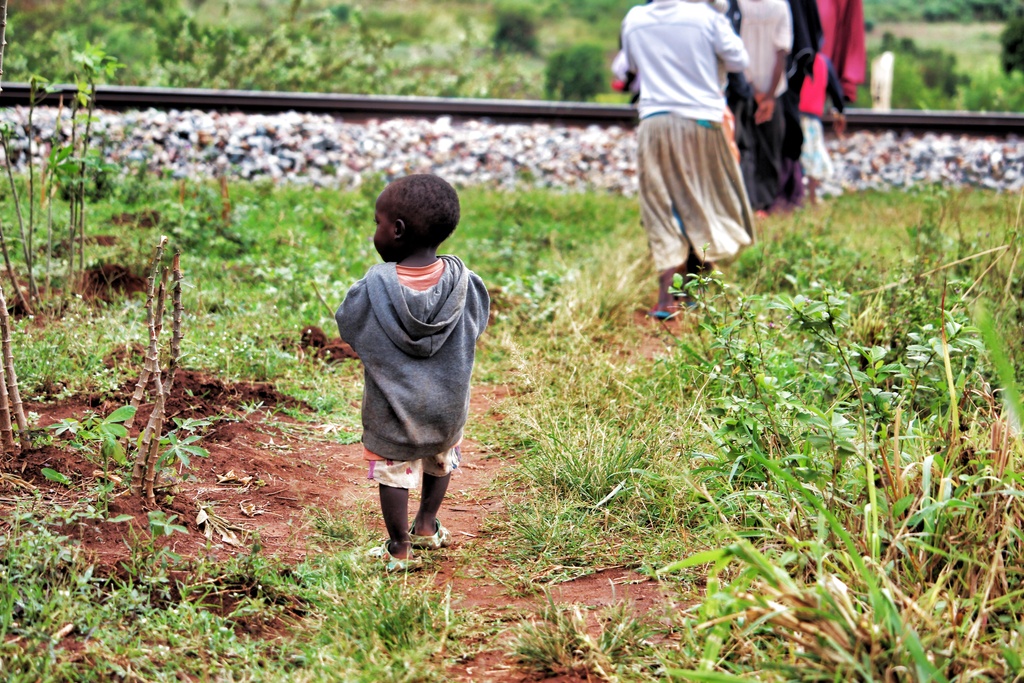
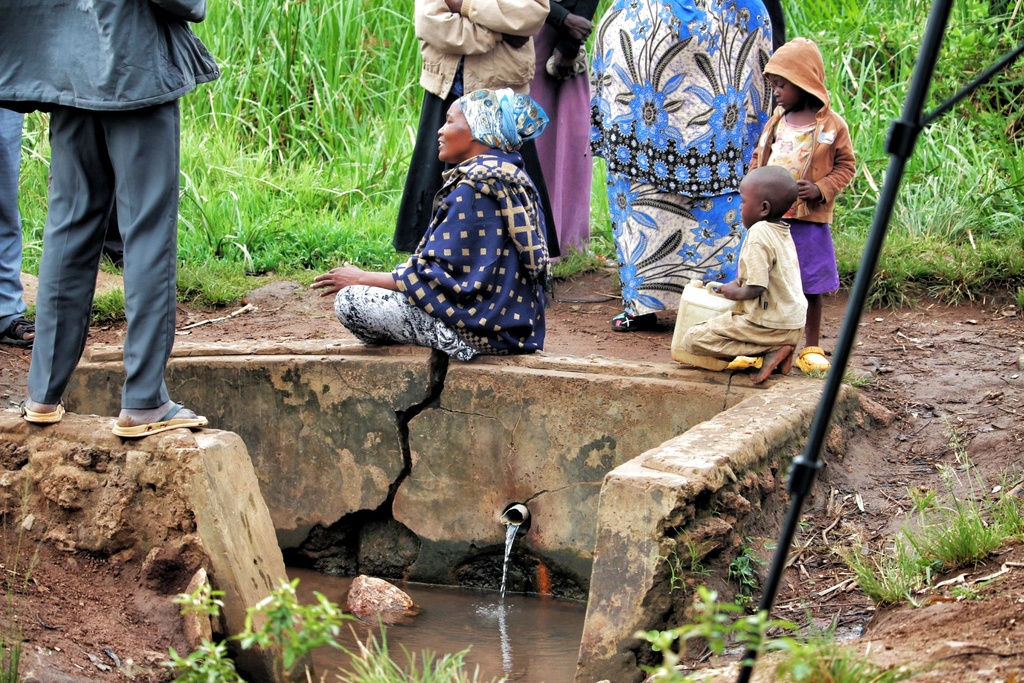
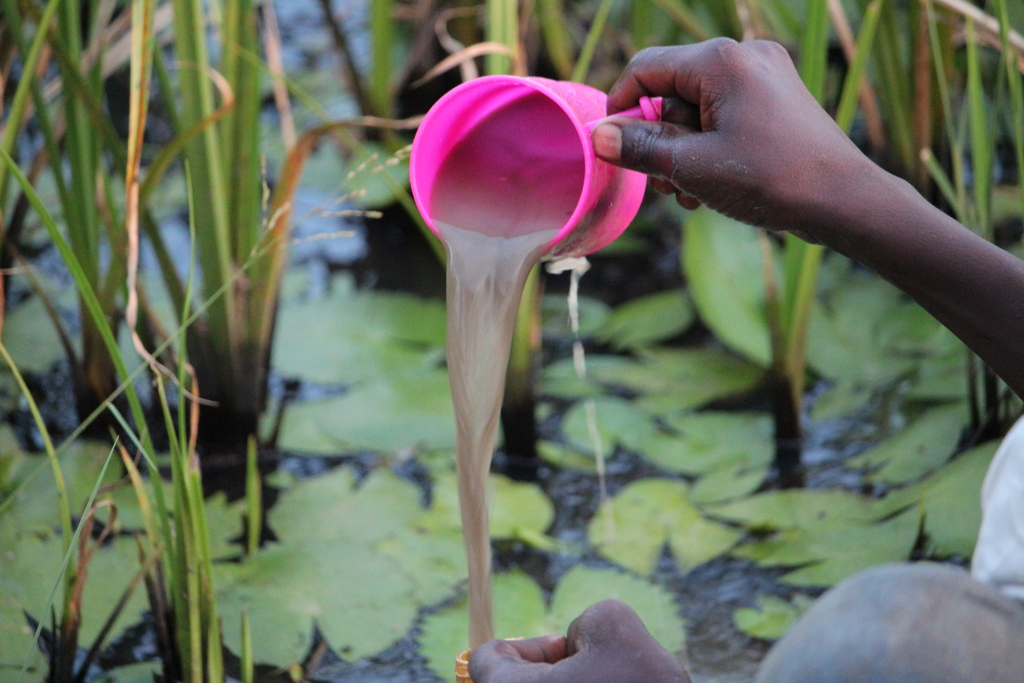
The challenges faced by the villages of Bukyaye A & Bukaye B, Busowobi, Bubaka A, Butokolo, Bukaye A, Bunyama, Bukyoyo, Buwogo A and Ntinda in Busoga Region in accessing clean and safe water sources are significant and have far-reaching implications for the well-being and development of the communities living in these areas. The situation described in these villages is indeed worrying and it is commendable that there is a plan to address the water crisis in these communities. Access to clean and safe water is not only a basic human right, but also a crucial factor in improving the health, education and economic opportunities of the people living in these areas.
The project plan is to provide each village with a man-dug borehole as a positive step towards sustainable access to clean water. Boreholes can tap into underground water sources and provide a reliable supply of potable water, which can significantly reduce water-borne diseases and improve overall hygiene conditions. In addition, as a man-dug solution, it can be more accessible and cost-effective for these communities, ensuring the long-term viability of the project.
The timeframe of approximately 4-5 weeks to implement this solution is relatively short, indicating a sense of urgency to address the problem. However, it’s essential that the construction and implementation process is carried out with careful planning, engineering expertise and community involvement to ensure a successful and lasting impact.
BUKAAYE A and BUKAYE B Villages
Here are some of the key benefits of this initiative
- Improved health: Access to clean water will reduce the prevalence of water-borne diseases, leading to better health outcomes for residents, especially children who are more susceptible to such diseases.
- Improved education: By eliminating the need for students to collect water from distant and unsafe sources, their attendance and participation in school activities are likely to improve, which will have a positive impact on their academic performance.
- Empowerment and well-being: Access to clean water allows community members, especially women and children, to spend more time on productive activities and personal development, ultimately contributing to improved well-being.
- Economic impact: The availability of clean water can facilitate agricultural activities and small businesses, potentially contributing to poverty reduction and economic growth in the area.
- Community resilience: The sustainable nature of the boreholes can promote community resilience, helping these villages to withstand future water challenges and potential droughts.
- However, it’s important to acknowledge that the success of this initiative will also depend on the proper maintenance and management of the boreholes. Providing communities with the knowledge and resources to maintain and repair the infrastructure will ensure its longevity and continued benefits.
- Collaboration with local authorities, NGOs and other stakeholders is vital to the effective implementation of this plan. Their expertise and support can help with the implementation process, community engagement and monitoring of the project’s impact over time.
- Overall, addressing the water crisis in these villages is an important step in breaking the cycle of poverty and improving the lives of the local people. Access to clean water is not only a basic human right, but also the foundation for sustainable development and prosperity in the Busoga region.
BUSOWOBI and BUNYAMA Villages
OBJECTIVES
The specific objectives of the project are to improve sanitation;
1. To increase access to clean water for children in school,
2. To increase access to clean water for poor families (More especially Women and girls)
3. To change the standards of living of households and also improve household health
TARGET GROUP
The main target group will be the most underprivileged or vulnerable members of the community, such as children and young people, school children, women, the elderly, orphans and the poor rural households of each village. Perhaps a total of more than 10,000 people are expected to benefit directly from the project, with an emphasis on women, girls and young mothers who are interested in reducing the long distances they have to travel in search of clean water for domestic use.
BUKOYO and BUBAKA VILLAGES
PROJECT IMPLEMENTATION
The second round is expected to be fully operational within one month. The clean water source will be a hand-dug well, which will be equipped with a hand pump and converted into a borehole, thus transforming the safe water source into a clean water source. The project will be carried out with direct support from the community, for example by storing equipment and mobilizing community activities at the site. Community members will be entitled to contribute $0.25 per month to the elected community committee to facilitate repairs, borehole staffing and other activities such as water source sanitation and wastewater management.
BUKAYE and BUWOGO A Villages
Project Cost
Total Cost of Borehole Well Project Phase One: $17,126.21

Project Funding
The funds for this program have been advanced by Water Charity. Your donation using this Donate button will ensure that we have funds available to accomplish this project. Kindly donate using the button.
Village Elders’ Meeting and Spring Well photos
To see more project-related videos, CLICK HERE. To read about the beginning of the project, CLICK HERE. To read details about the Busoga Region Borehole Program First Round Progress Report – Uganda, CLICK HERE.
